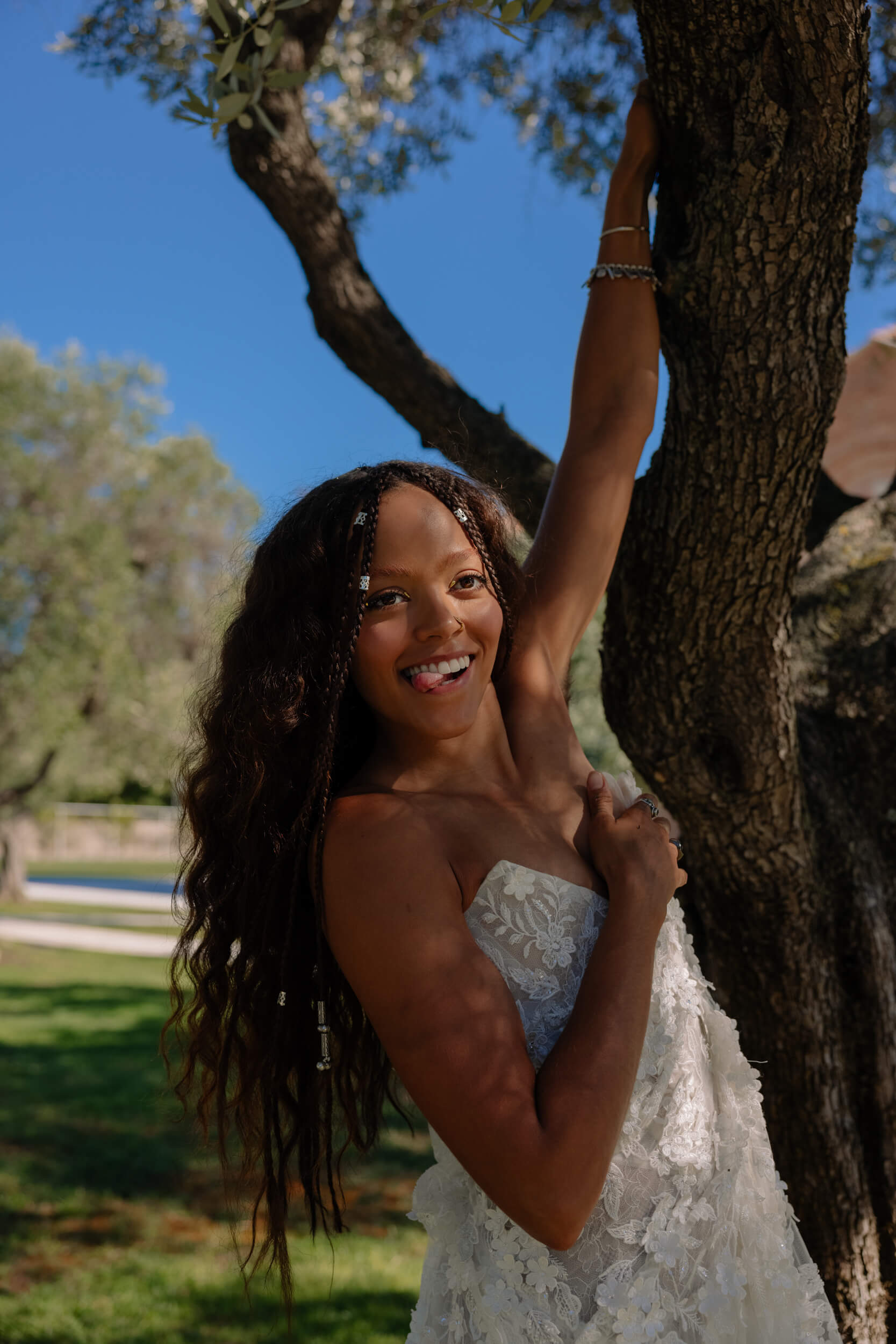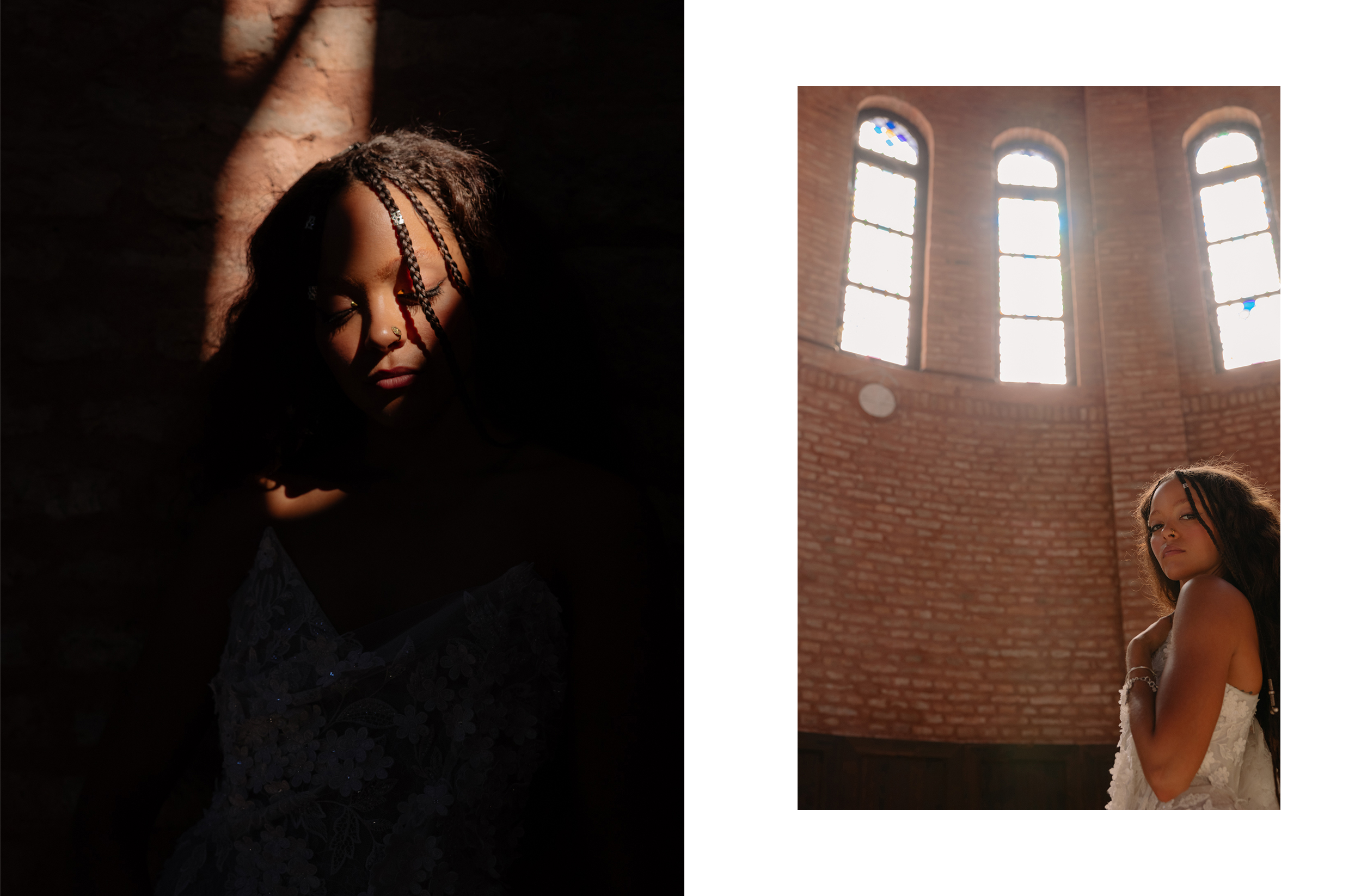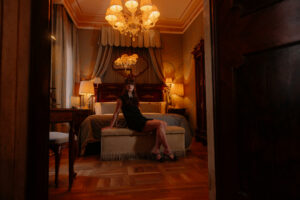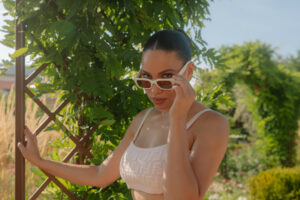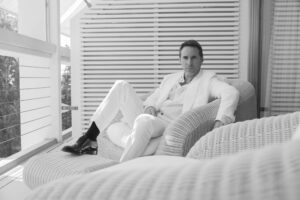Peace. Silence.
This is what is often sought in life and, in such hectic moments of possibilities, red carpets, and events, with Quintessa Swindell, we had the luxury of taking a moment of peace, and it was something unique.
This is how we found ourselves in the setting of a small island, Isola Delle Rose in Venice, where we found refuge to let our feelings rest, but also let them talk.
“I’m a mess”, we both said after talking for a while. And in the end, it is this “mess” that made us connect and let loose emotions that made me understand, once again, just as I said to Quintessa, why I do my job and I was honored that they had opened with me.
In this interview, we talked about the film they presented at the Venice Film Festival, “Master Gardener”, but also about their new release this month, “Black Adam“, and above all, we talked about how difficult it is to seek forgiveness when it comes to racism and how “Black Adam” was important for them to feel even closer to their community and to find the fluidity of their body.
It is difficult to explain in words what happens when a person shares such precise emotions with you, giving, in the end, a part of themself, which I will keep close, aware that they have taught me something.
Our October cover is Quintessa Swindell, and we couldn’t be more proud of it.
I love love love Paul Schrader and I loved the movie. And you were fantastic in it. I find that Paul’s movies are so poetic and deep. And this is nothing less. What was working with him like and, precisely, working with him on his view of the movie that is always so specific?
The last part of your question is really good, which I feel like commonly people don’t understand: you can have a story, and the story, based on the scripts, is what it is, but then there’s also this aspect and viewpoint and perspective of the film – like the director’s one – that can be completely different than what I get from the script. So, the version that’s in my head is completely different, I think, and has been completely different from how Sigourney [Weaver] talks about the film, from how Joel [Edgerton] talks about the film. I think we’ve all experienced it so differently, and I think Paul [Schrader] sees it differently than I do, because the contents of this film are so specific. It’s this really beautiful and in a way provocative viewpoint about redemption, and working with Paul on his viewpoint of the story was so interesting.
It was very hard for me, at times, to take away my personal opinions about the contents of the film and what was being said, and dive into what this character was feeling, because this character is on a completely different journey than what I’ve been on. So, I had to give myself over to that, and really be the person who could believe that someone has worked hard to redeem themselves from the things that they’ve done in the past.
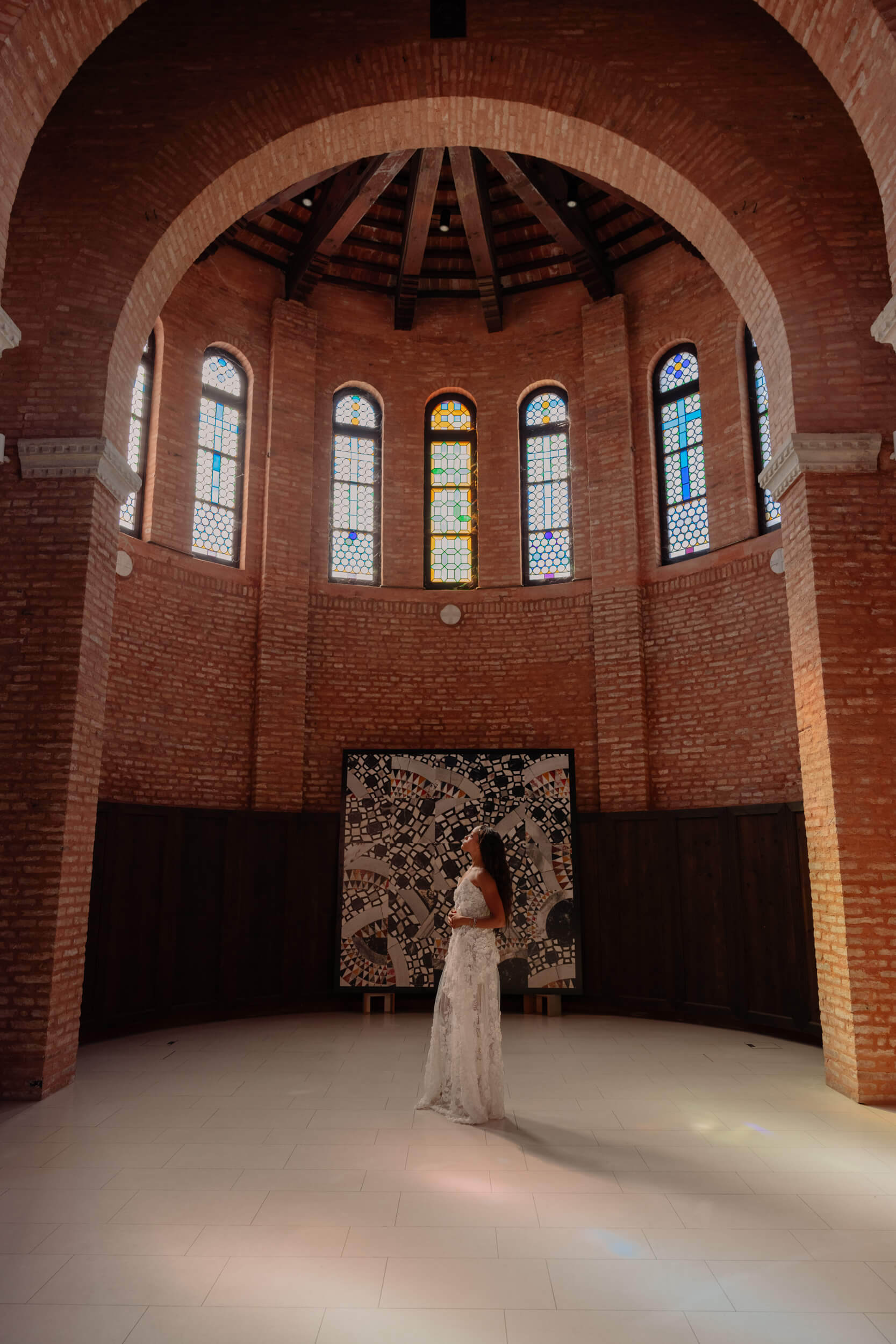
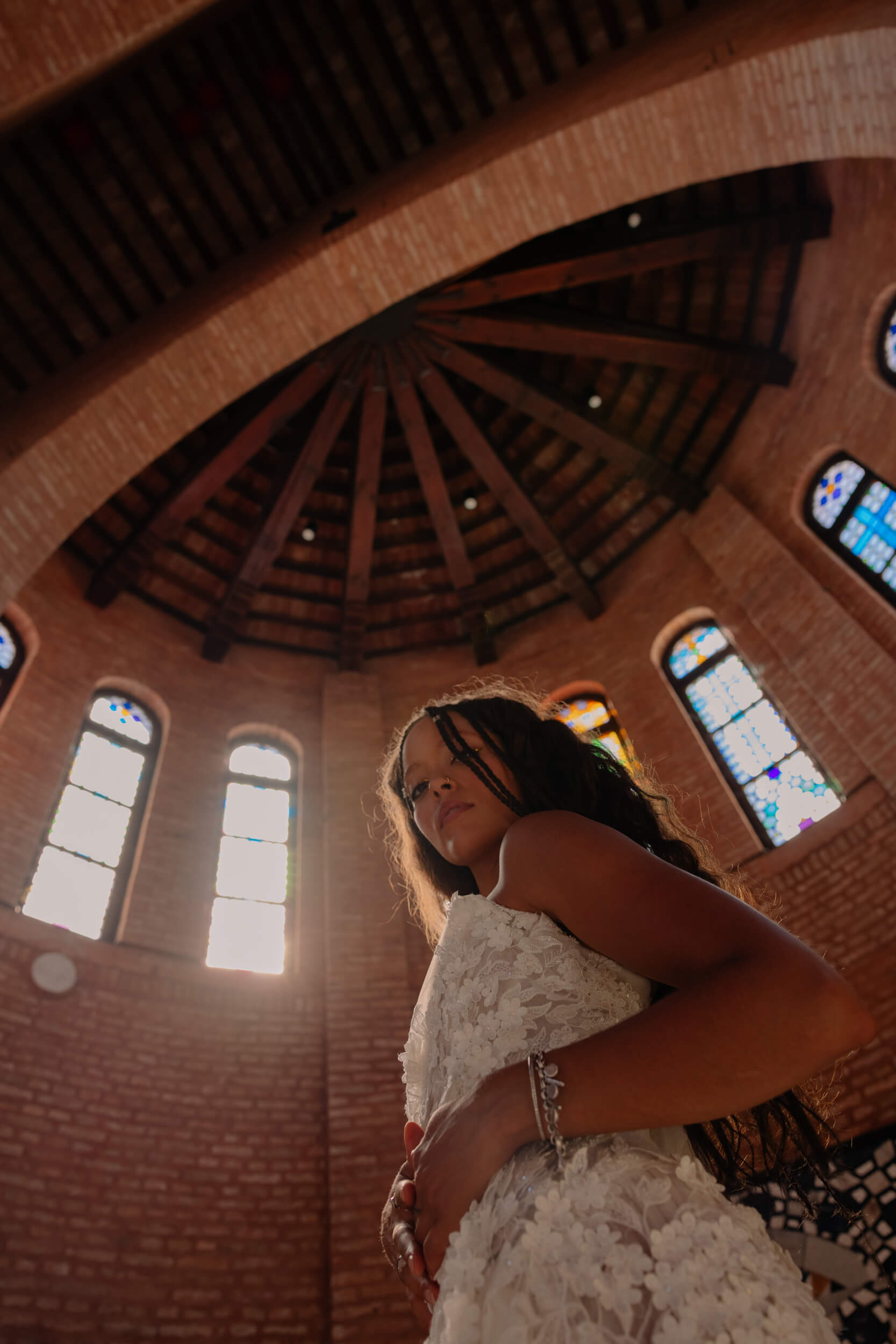
That was hard for me because it made me think about periods in my life where I still haven’t forgiven people, and it makes me wonder why I haven’t; and what has stopped me from seeing redemption and seeing someone for being changed. I think we’ve all experienced that, so Paul worked with me on that, and it was a new experience to work with someone who knows very clearly the movie that he wants to make. When we were shooting, he knew the cut, so he shot quick, and it was nerve-wracking!
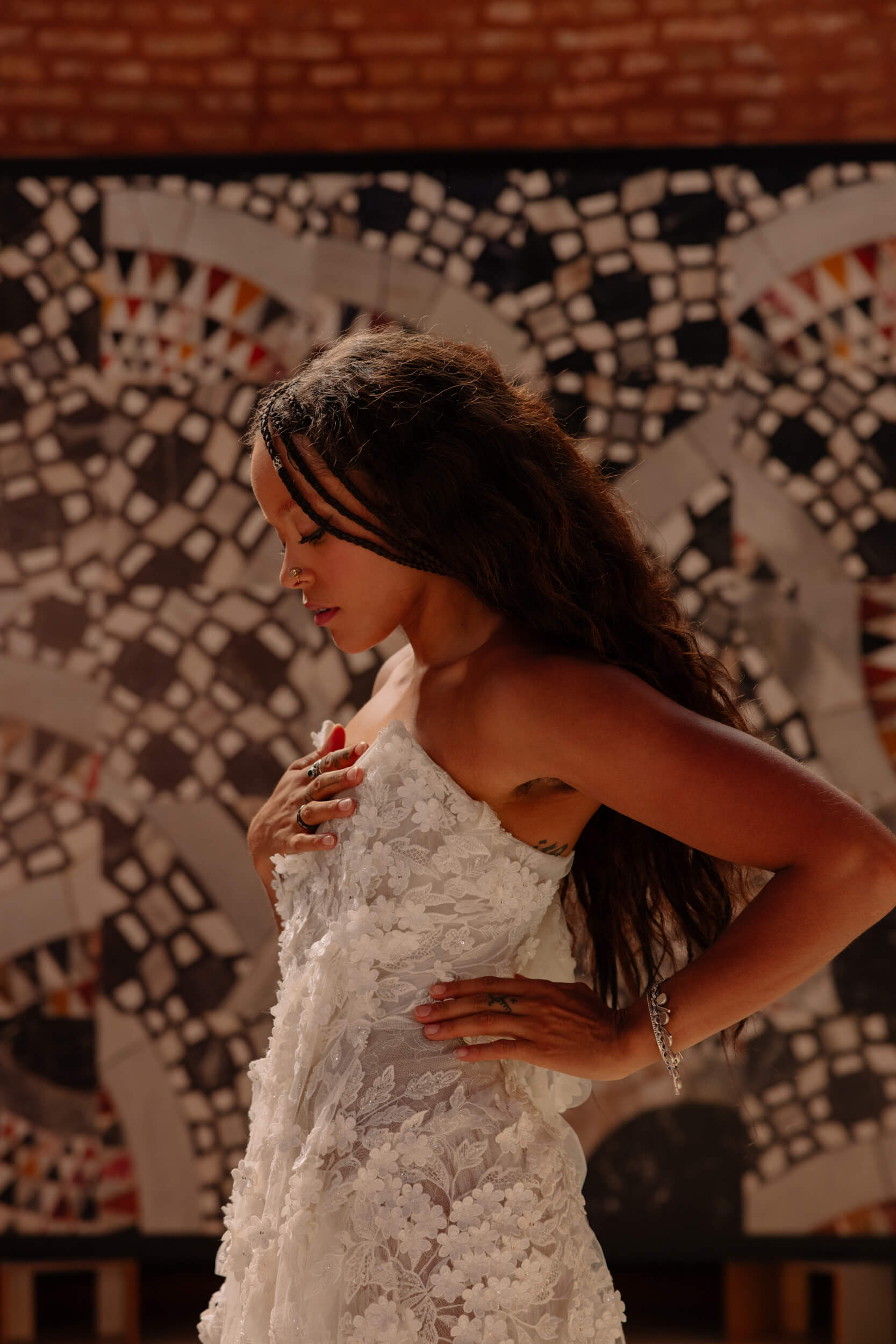
“It makes me wonder […] what has stopped me from seeing redemption and seeing someone for being changed.”
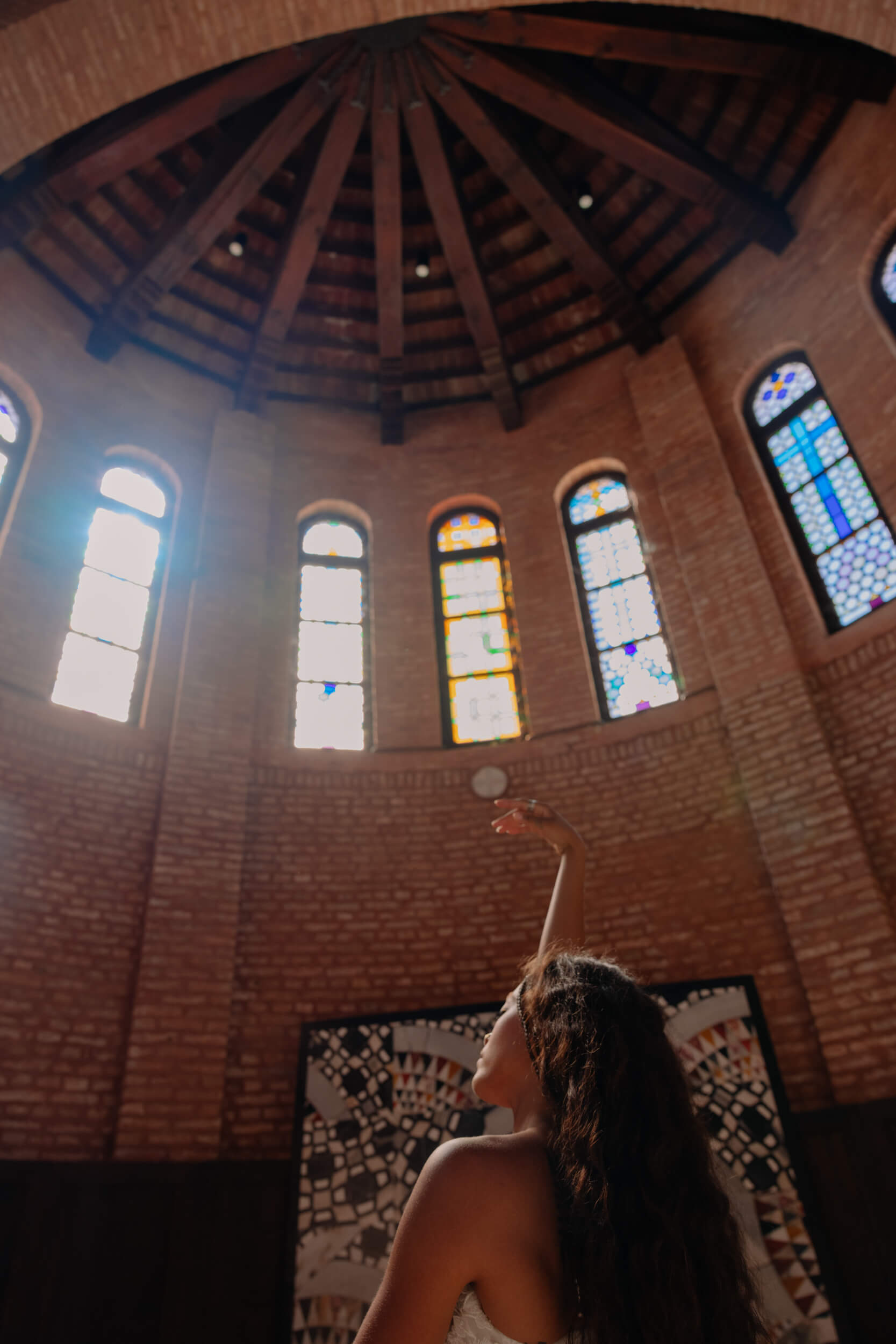
There is a moment in the movie where Narvel says that gardens are the very first form of art and it’s made by nature. I was so captured by the movie and its screenplay that made me remember why movies are my favorite form of art. What’s yours?
Film. Since I was a kid, I grew up with a single parent who worked the whole fucking day, though I really respect my dad for hustling for me.
I would spend time at his office; there was literally a TV that we would bring to his office, that had a VHS, and so I would start watching VHS after VHS. I had a pile of films and then, later, DVDs, and I started wanting to watch what my dad was watching. I remember “Sideways” with Paul Giamatti, and me saying, “that looks really cool!” and my dad saying, “No, no, no! Absolutely not!” [laughs]. I also remember hearing about “Taxi Driver” when I was younger, and thinking, “I want to watch that because it looks really crazy!” I got really obsessed with films and I started wanting to take acting classes and got into an acting school, then a college, and a summer acting program in another state.
I think films are incredible.
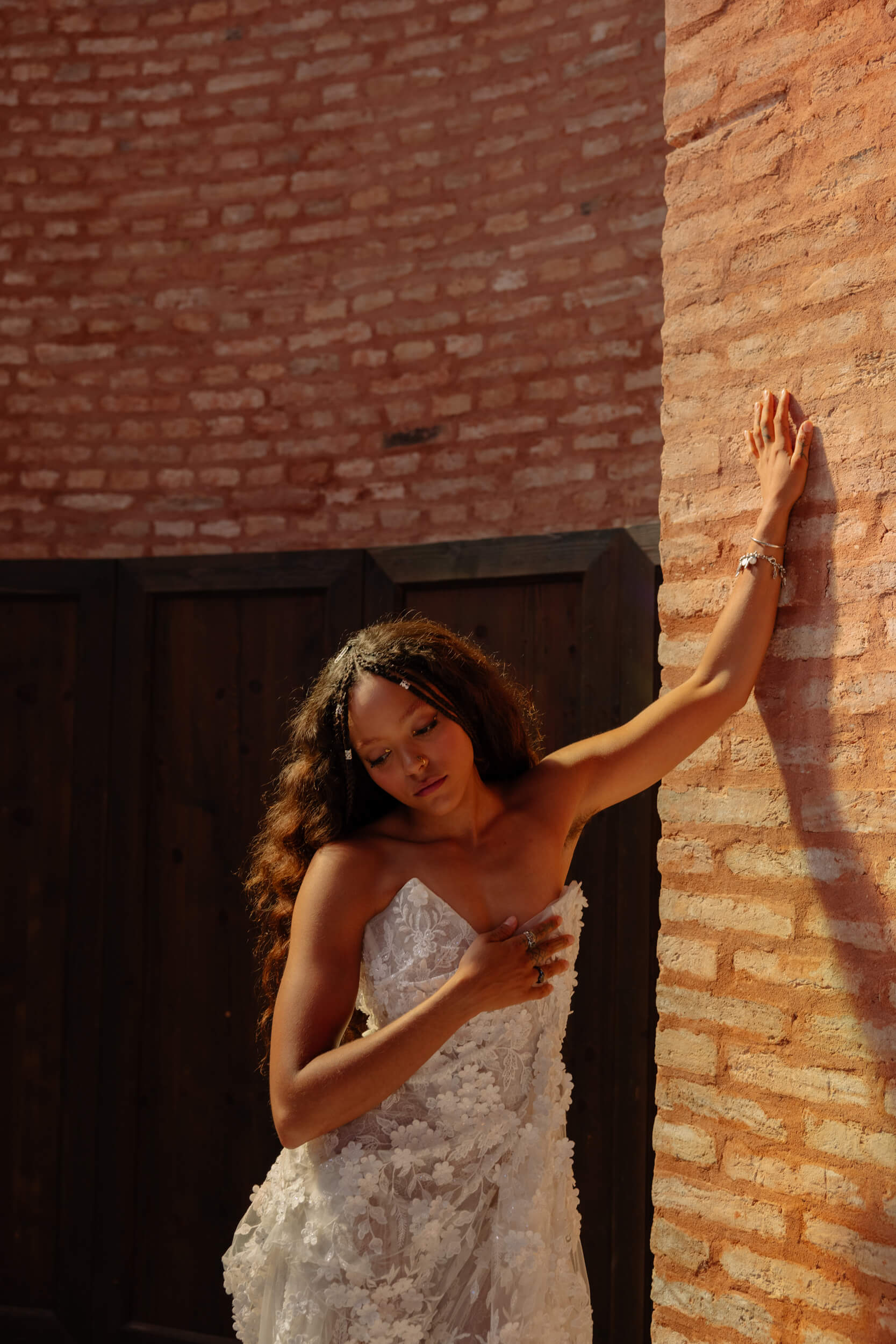
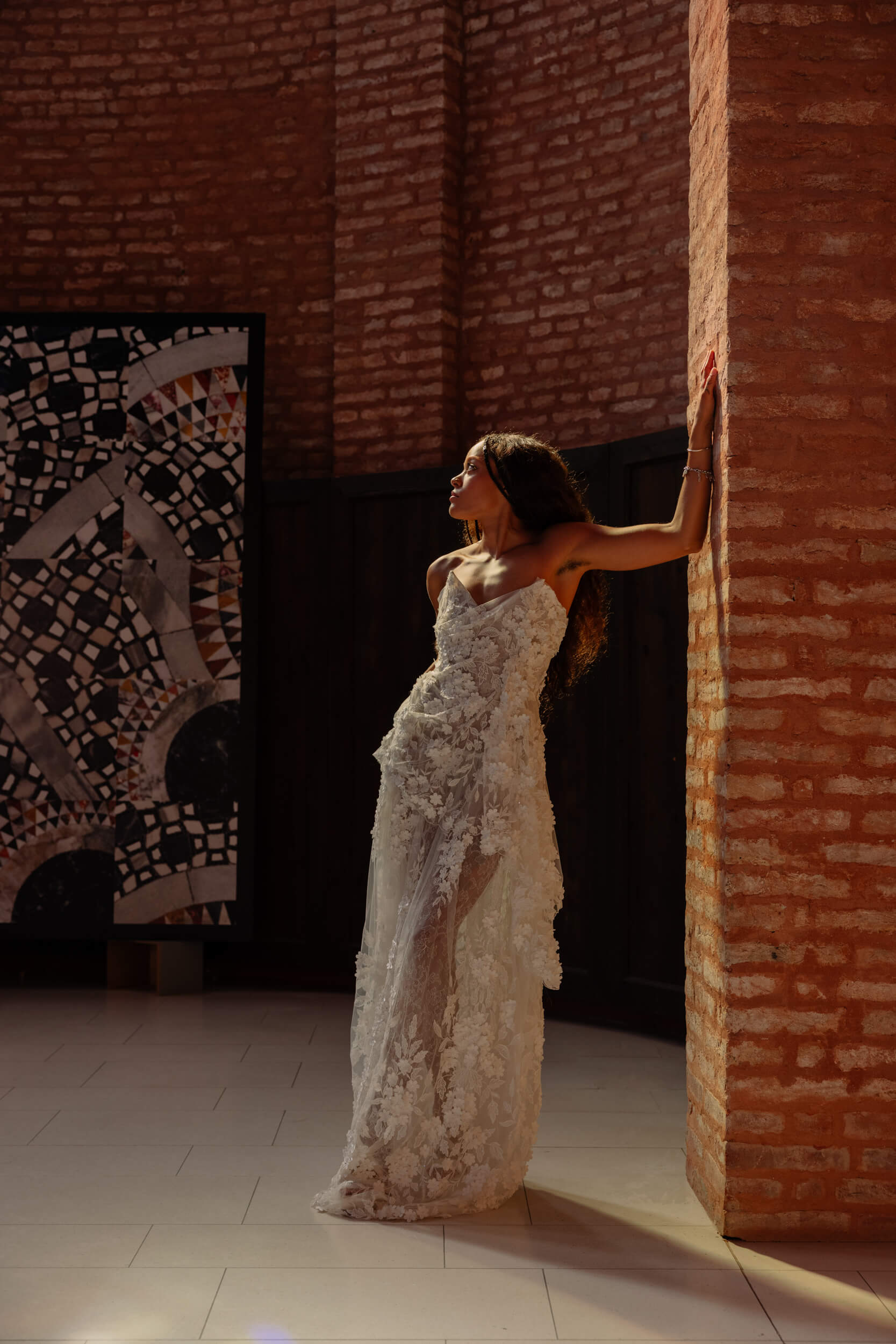
Your character undergoes the most profound change in the movie, Narvel does, too, but we don’t really see it a lot, while yours is actually happening. How did you prepare for the character and what was your reaction when you read the script for the first time?
The script I had originally read had changed significantly, there was another ending – I won’t say what it was, but it was different, it was maybe more Paul-like! [laughs]
And that’s why this film is unique for Paul because it represents something else. I feel like maybe with Paul’s age, something has shifted in him, and he’s maybe more hopeful and optimistic about how things could be and how things are. When I read that, I loved it because it was violent, and I was finally a young girl being violent. However, I also loved the second version of the script that I got because that same violence was still represented but it was internal for her; I think that to have radical forgiveness towards someone who has hurt people in your community – you know, it could have been my grandmother, it could have been my family – isn’t easy, and the character is affected by this.
I remember this one scene where I’m confronting him about it, and I remember that scene being so intense and personal, and I was so thankful for it because I could finally show that violence that had been mentally done to me, that I was actively going through something that was tearing me apart. I would think, “am I doing wrong by my community, by giving into this? Or am I doing right by having forgiveness?”, which maybe was the most insane thing to do and the most violent thing to do, in that sense. It was really visceral.
I remember that at the time we were filming, there was a shooting in Buffalo, New York, where a white supremacist had come into the grocery store and killed a bunch of elderly black people, men and women who were completely harmless, just getting groceries. And while we were shooting, I was just thinking about that: if that was my family, would you be able to forgive someone? So, that’s what I was channeling for that part of the film, which was so emotional because this shit happens so often in the US, and it’s really heart-wracking because it seems like it never stops.
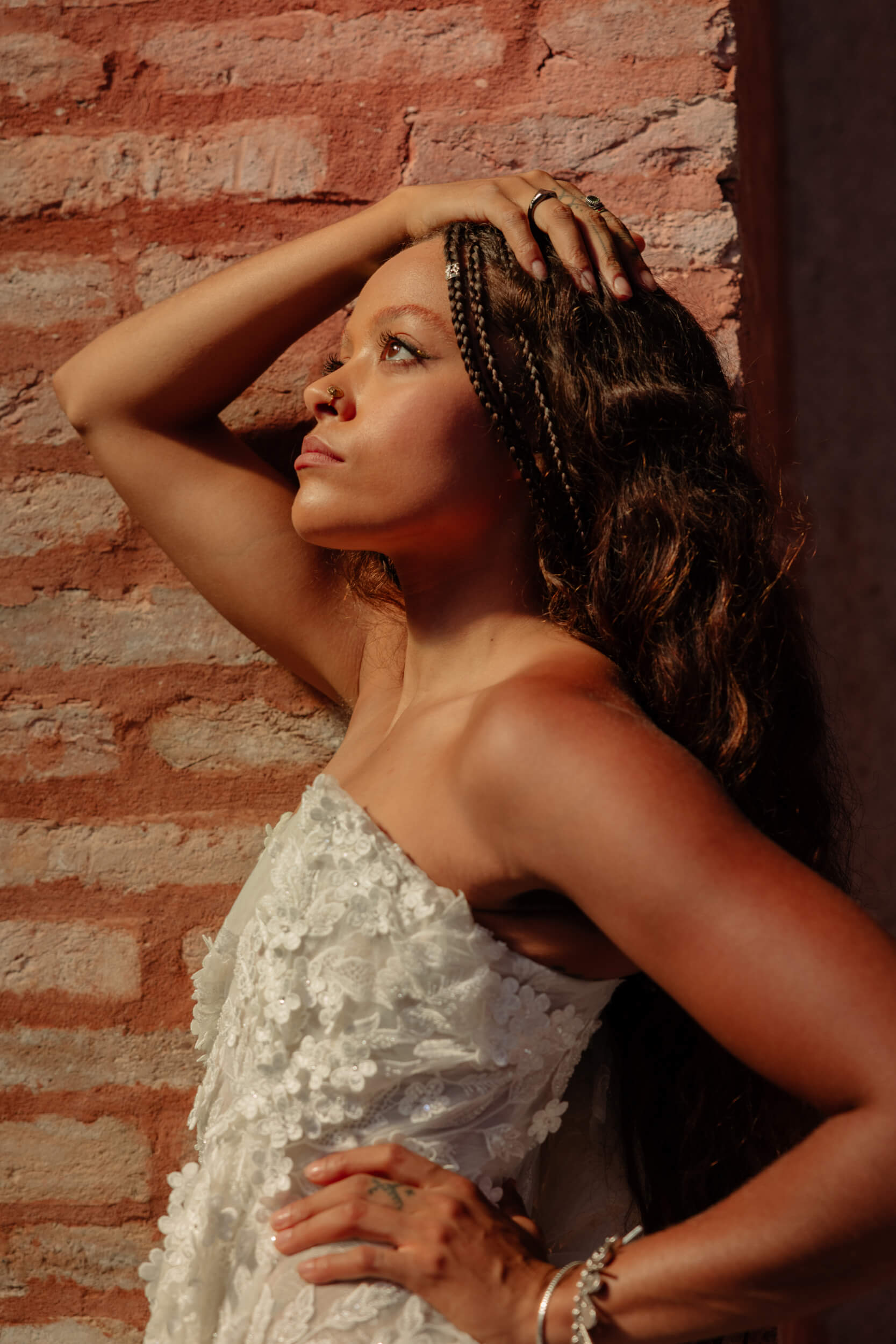
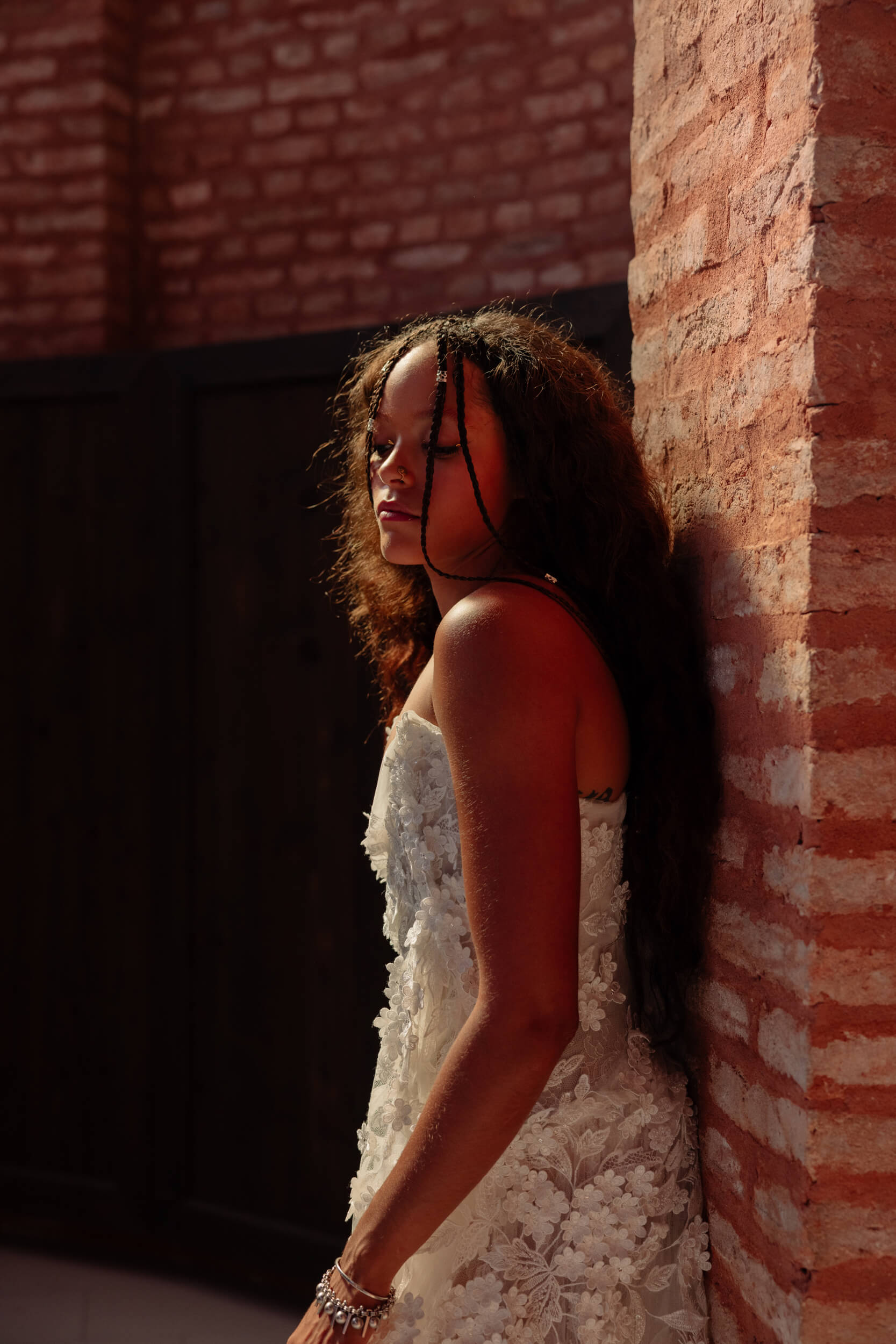
“I was actively going through something that was tearing me apart.”
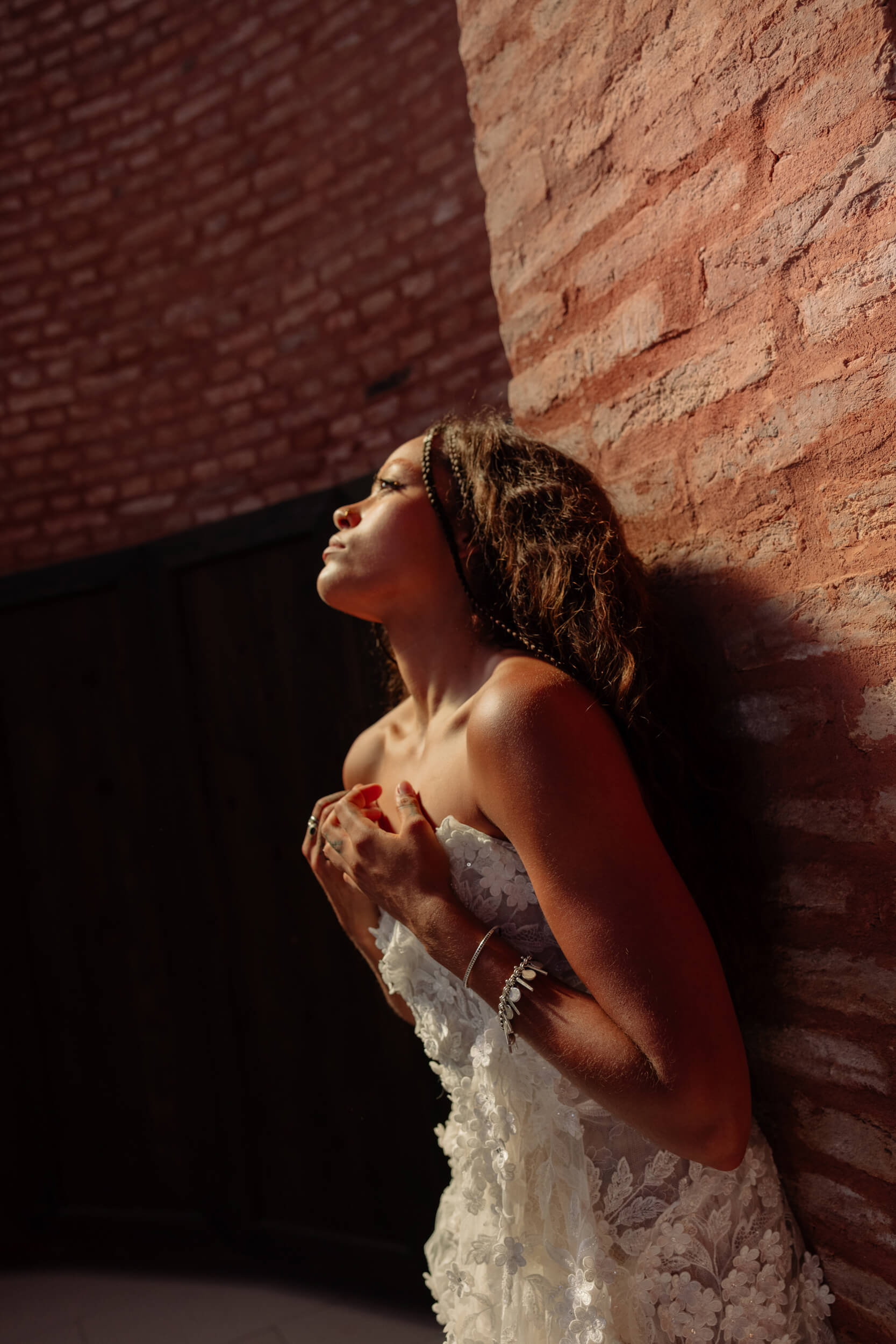
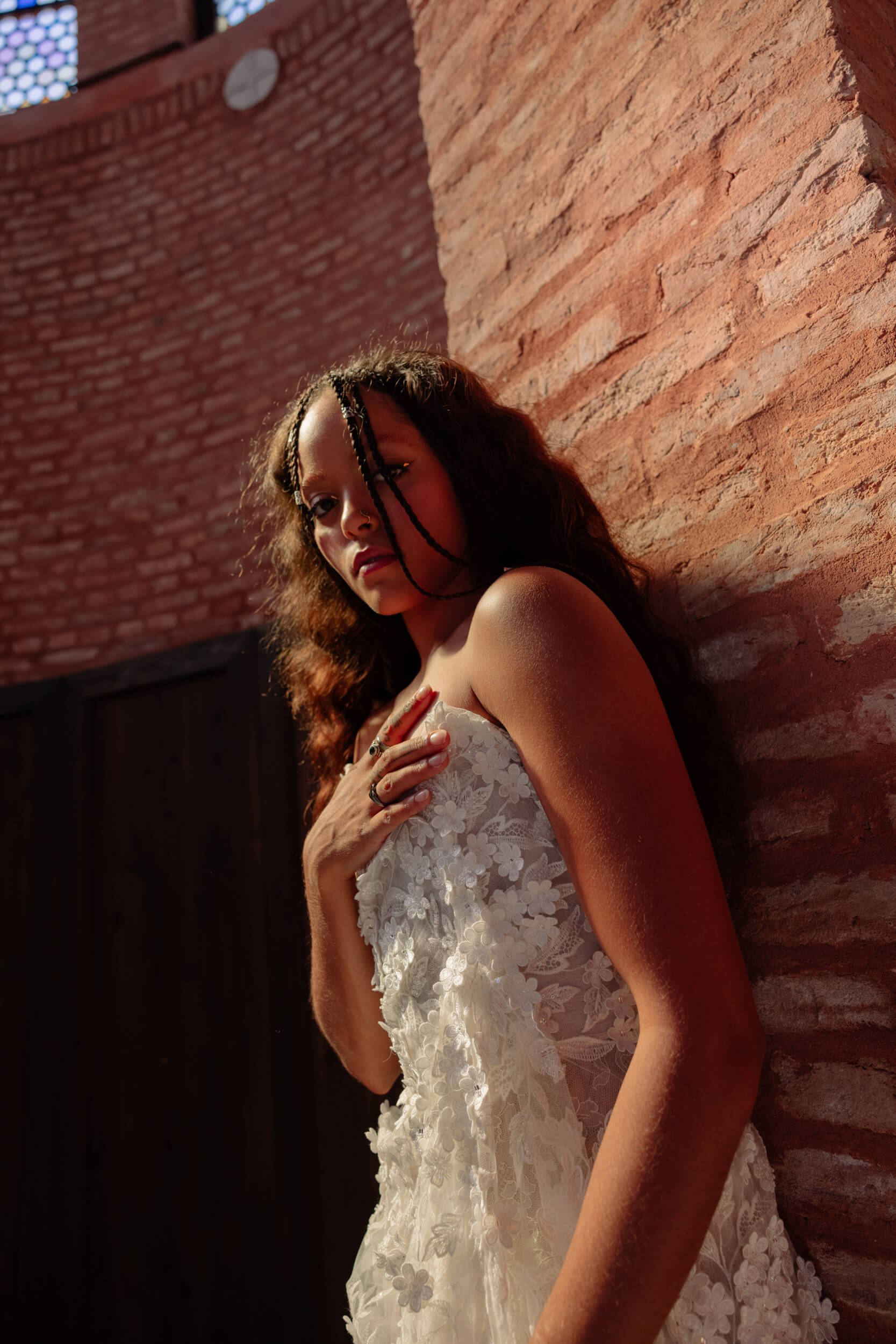
You did justice to your character in the way you portrayed Maya. Of course, I didn’t know what you were feeling, but the way you performed in the scene of the lunch, everything in that felt so truthful. Thank you for sharing this.
Of course. It definitely wasn’t an easy shoot because I feel like the story and Paul’s perspective on it are so unique, and this is the biggest topic in the United States and I think it always has been and unfortunately, or fortunately either, always will be. But thank you, I appreciate that.
If Maya were to start a journal too, what would she write on the first page?
Your questions are crazy! [laughs]
I think it would probably be a letter to her mom, something to tell her that, in some way, she’s made it out, whatever “out” means.
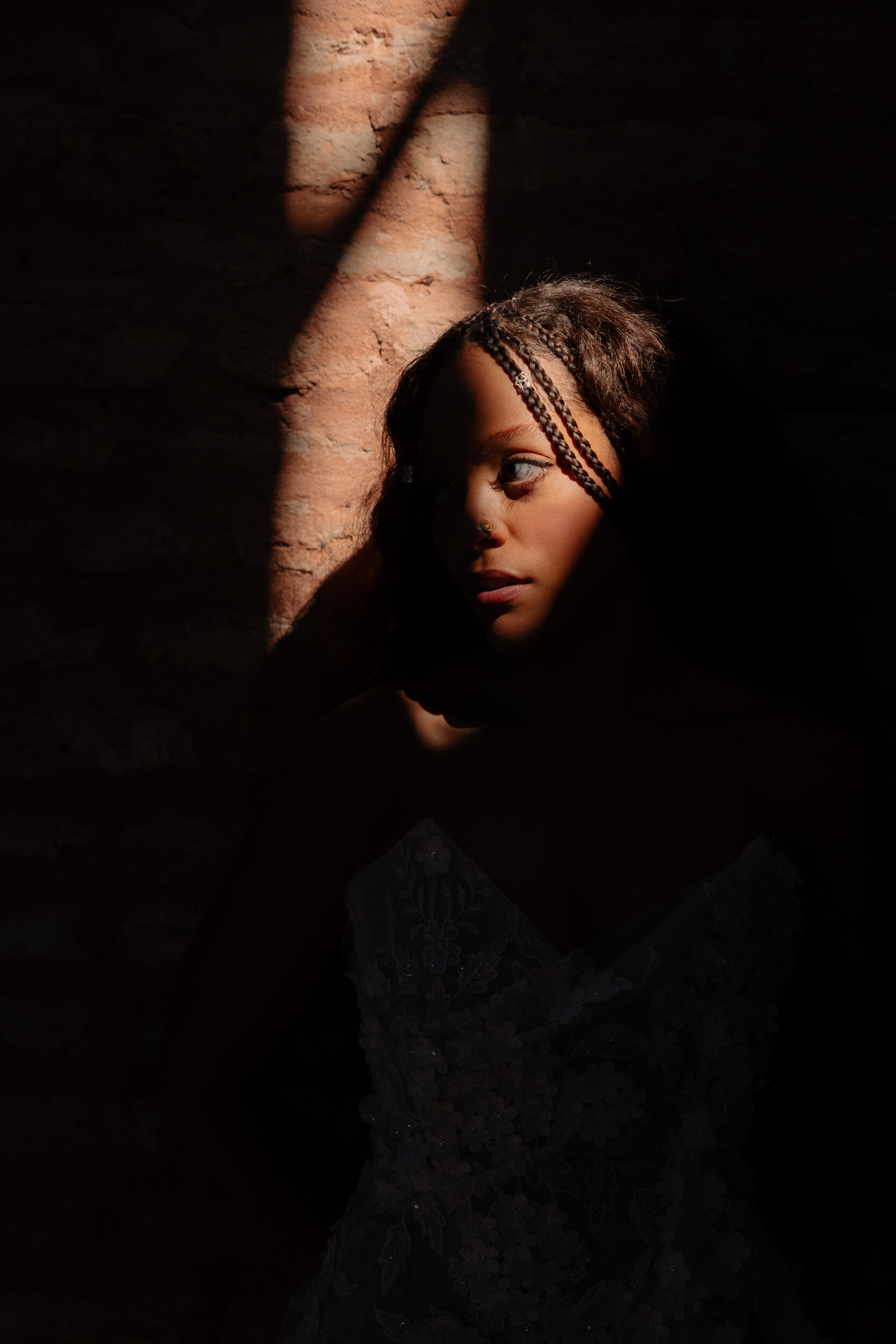
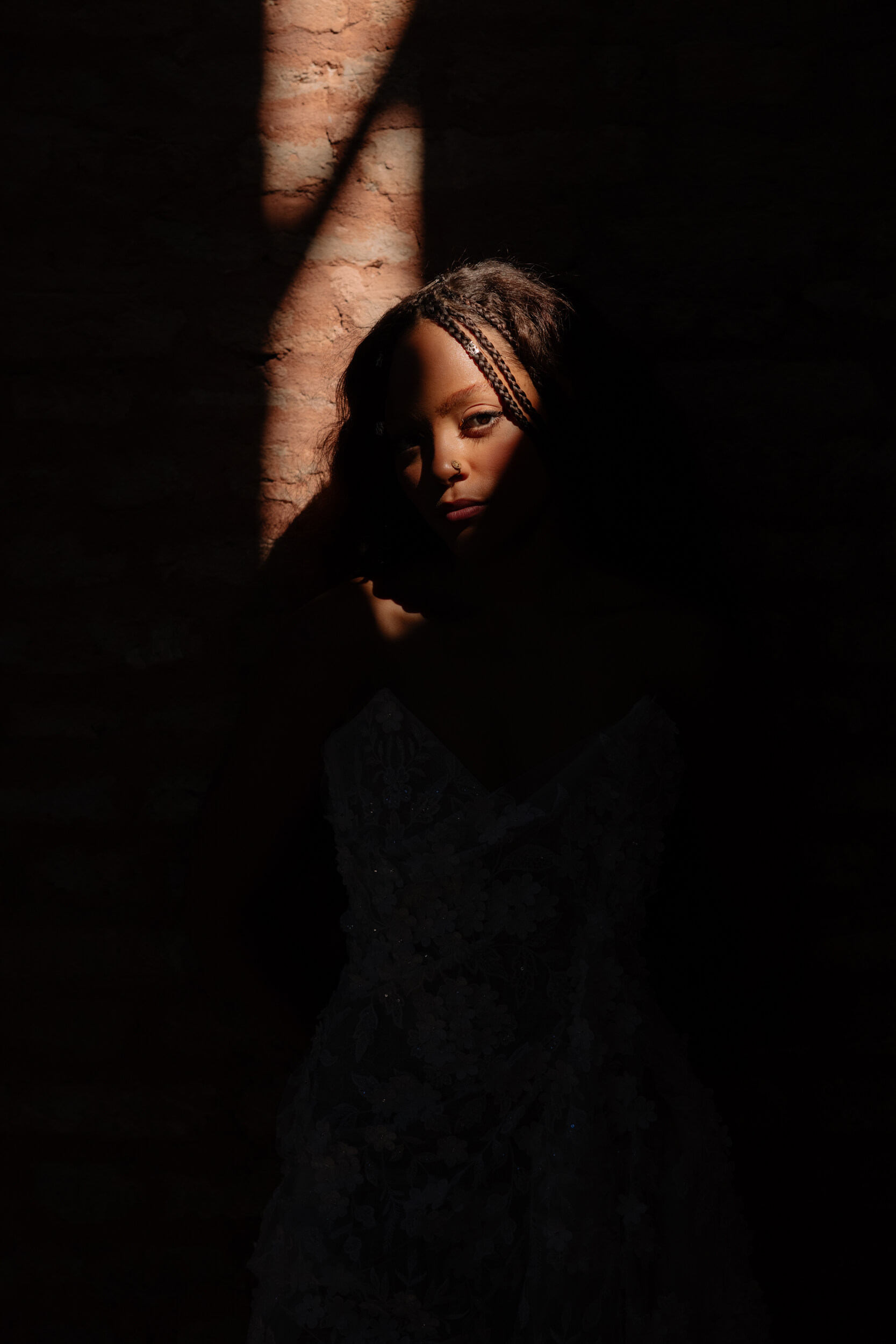
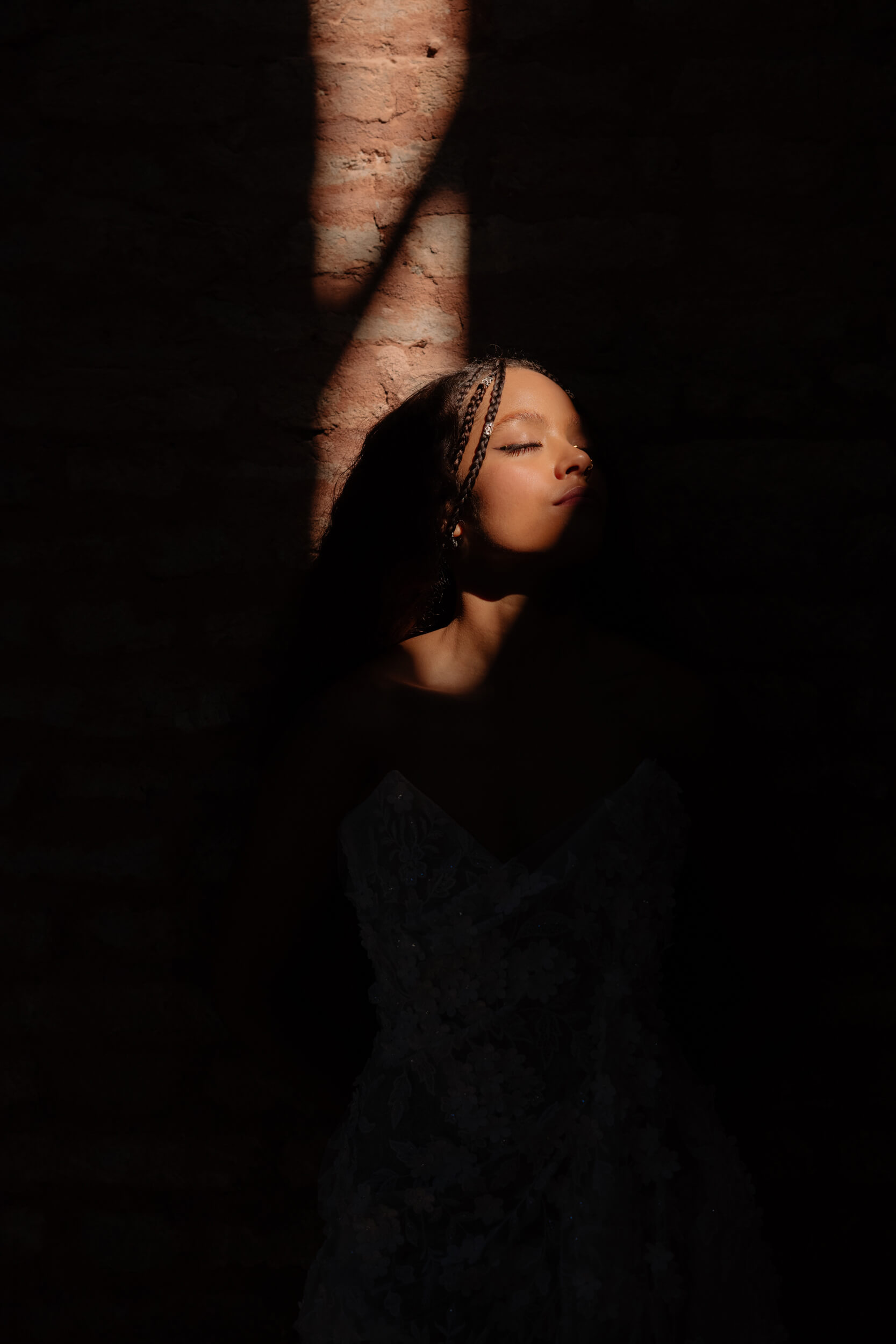
In the end, also trust is a big theme. Trust in general, and in the cinema world, is so important. The director trusts you, you trust your fellow actors and they trust you. How do you feel about that, when you feel like someone is trusting your work? Do you think it is difficult?
No, I think it’s a blessing. Paul trusted me so much, and he’s a legend, and Sigourney, Joel, they all had a say in it, too, and to be trusted is great.
I’ve worked really hard to get to this point and I have gone through so much that, when someone with such history in this thing that you really love believes in you, it’s really cathartic because acting and film for me are really my form of therapy, and so every job, every opportunity is a chance to freak out and a chance to get everything out that has been built up, so I’m really grateful for it every time.
It’s always a different thing that needs to be worked out: for “Master Gardener”, it was being able to represent someone who was fucking angry and really fed up, but wanting not to feel angry anymore; for something like, for instance, “Black Adam”, it was to move and to feel and to be happy and to be fluid. So, each thing brings a different element, each little level of trust with all of these people who’ve done so much is what makes me want to keep on going.
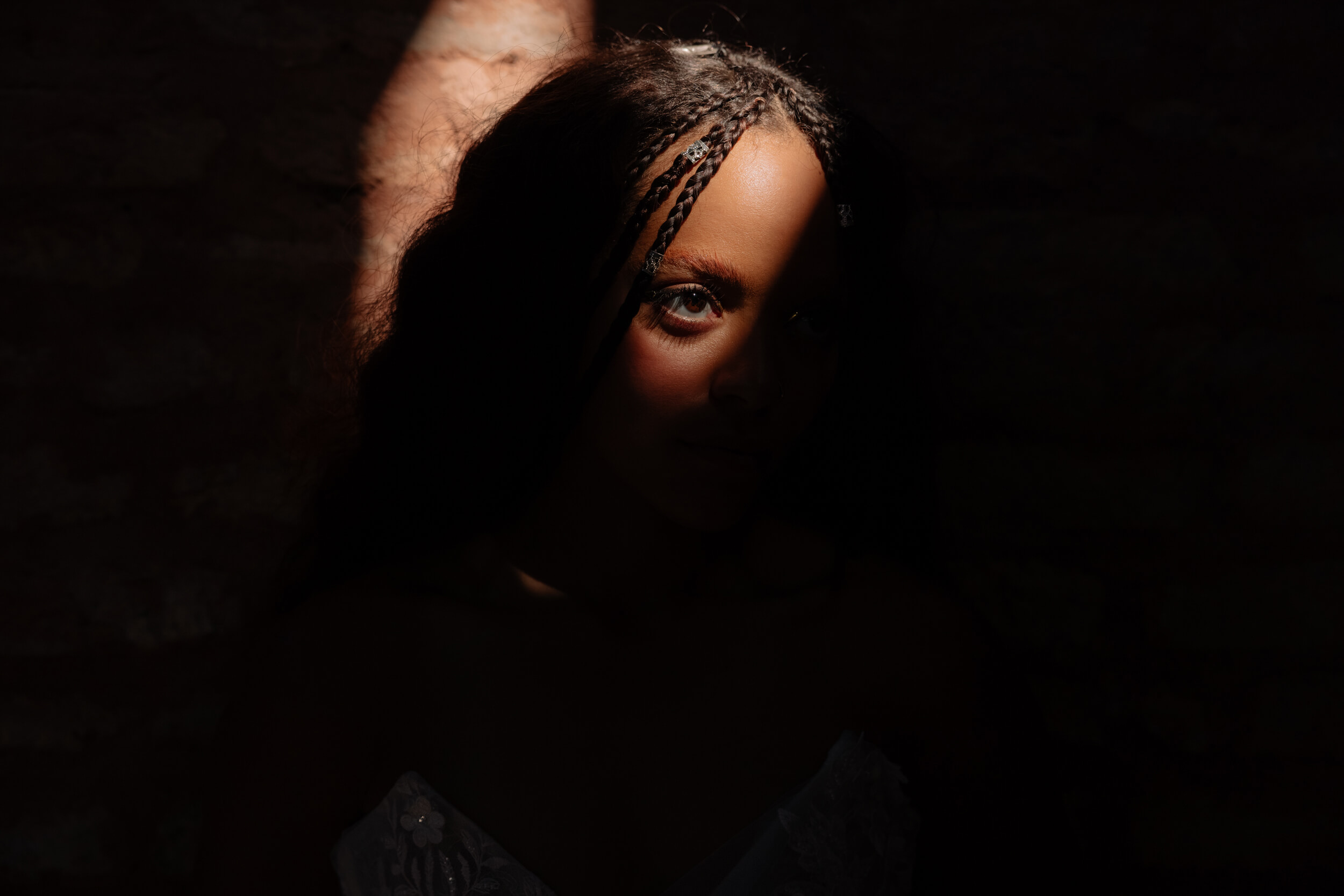
“Acting and film for me are really my form of therapy.”
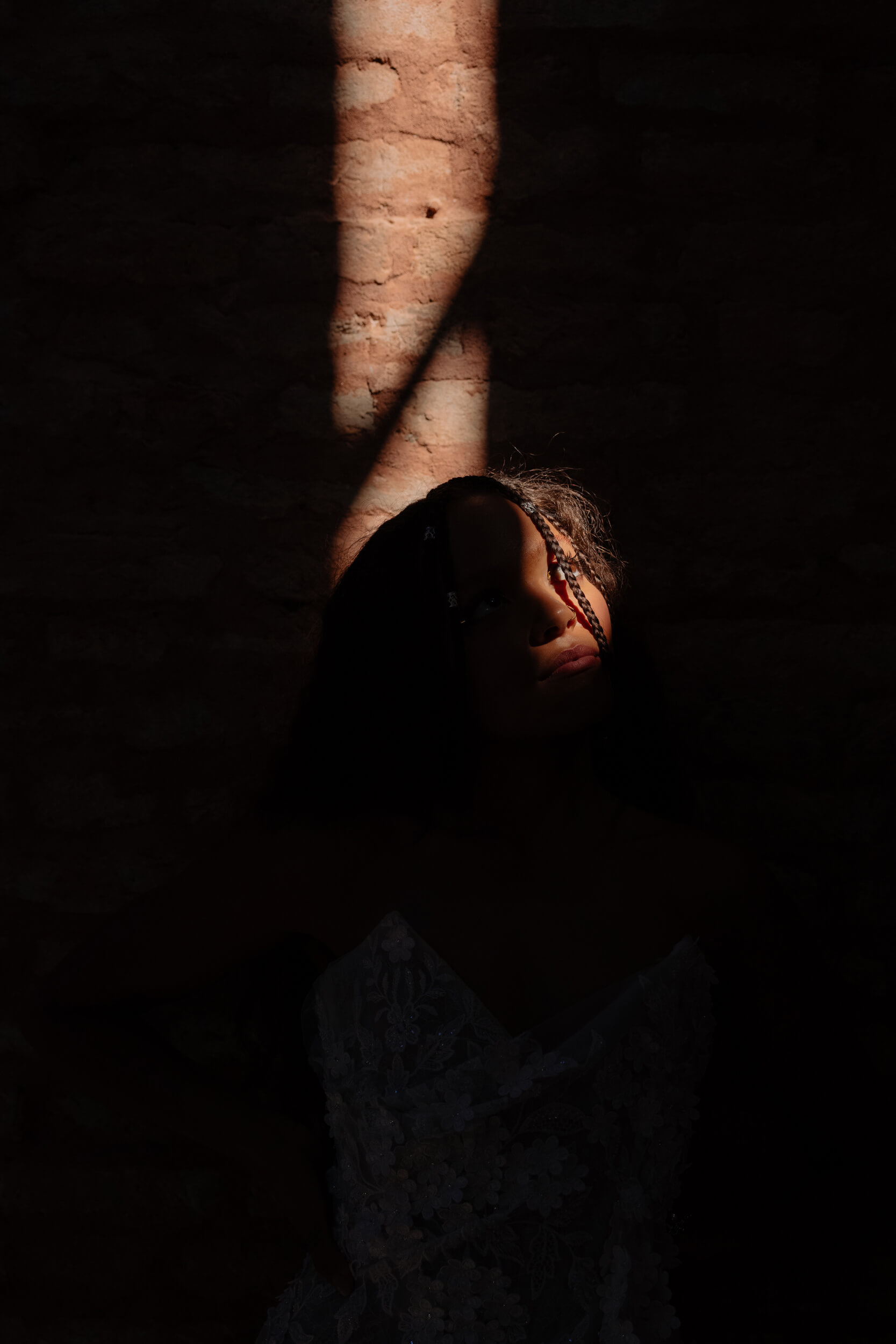
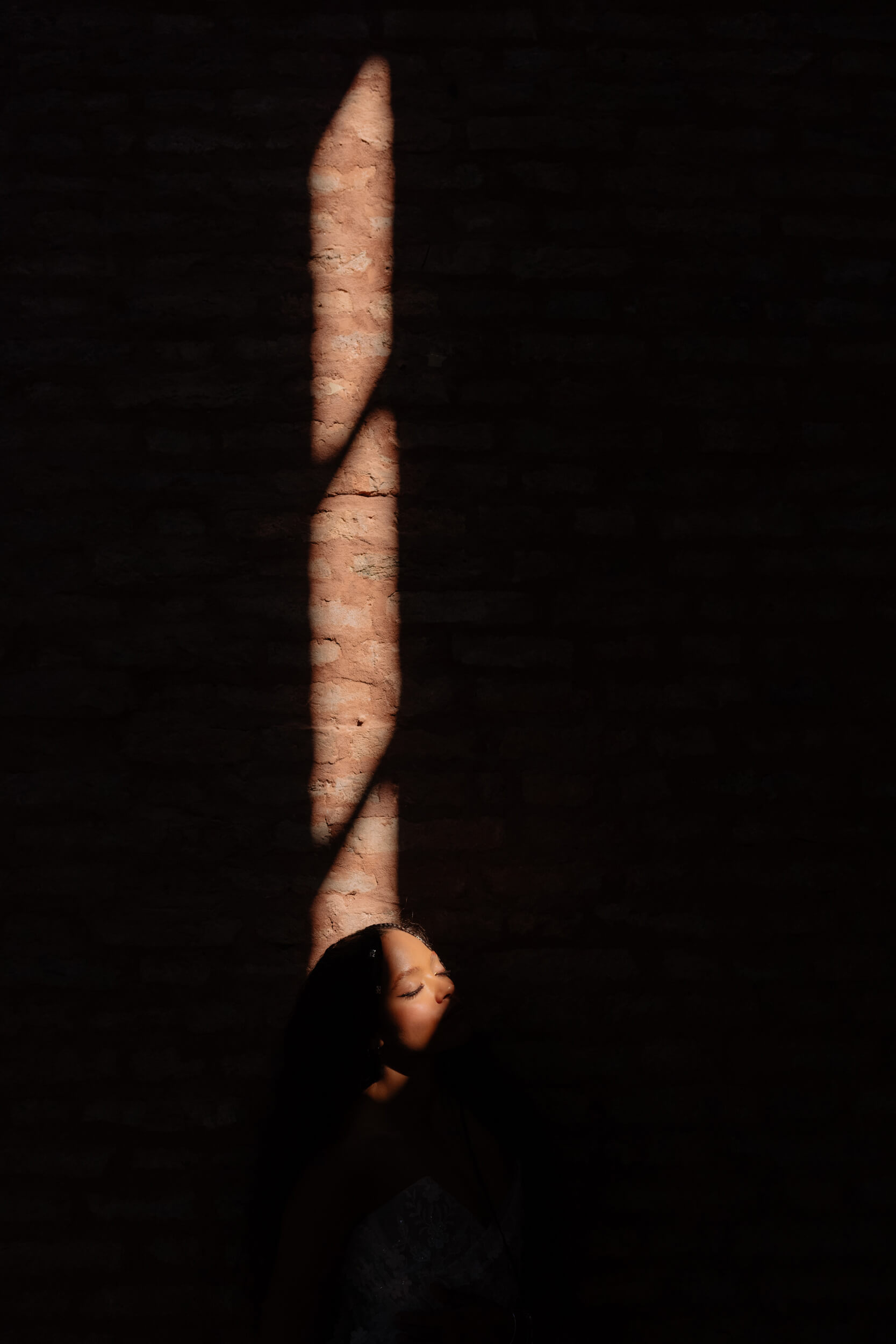
Maybe I’m wrong, but I think that being an actor, with the many characters you play, you also get to work on yourself, learning new things about yourself. What’s the latest thing you discovered about yourself, maybe also thanks to “Master Gardener” or “Black Adam”?
I think, for “Master Gardener”, it was how much I want to be here. There are lots of elements of being an actor that are just so ridiculous and pointless and so stupid, but then there are other parts that are the most beautiful and gracious, so “Master Gardener” taught me to keep going no matter what. To have hope, and be optimistic about getting to the place that Paul has gotten himself, too, that Sigourney has gotten, too, and that level of dedication and love for the craft, and to continue a legacy they have started. For “Black Adam”, it was just to have more joy, to trust myself more, and remind myself to have fun in the process. That’s what they both recently did.
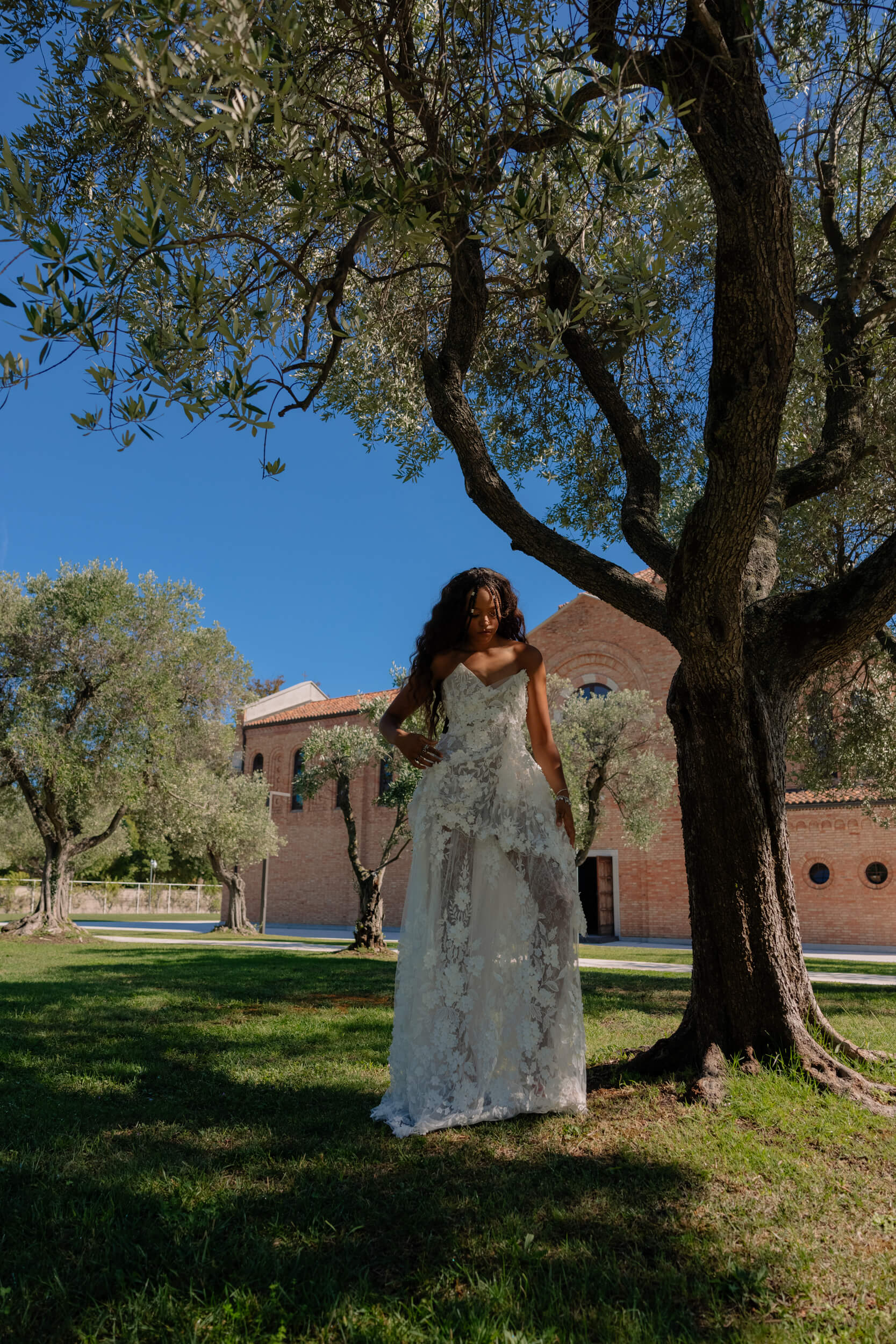
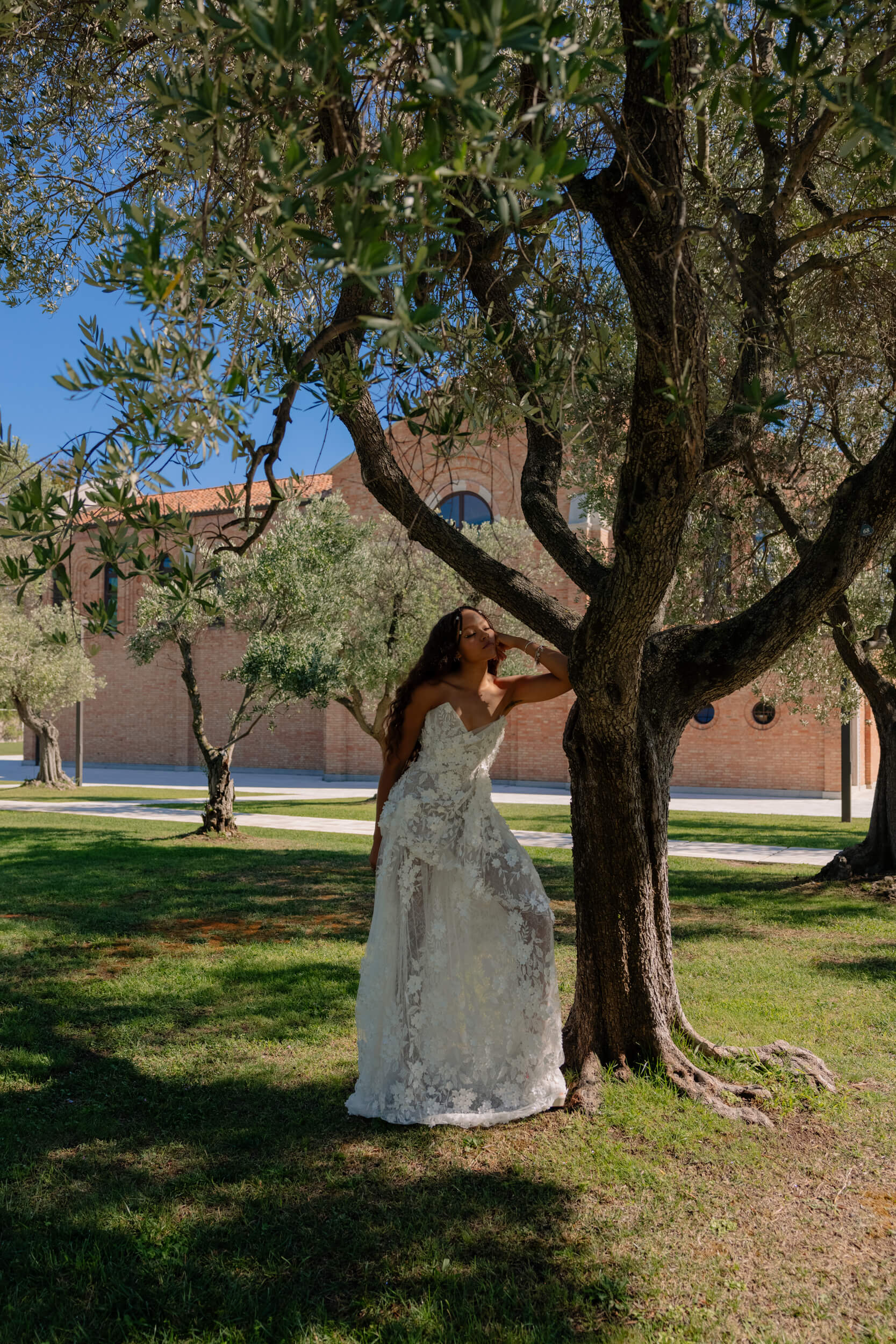
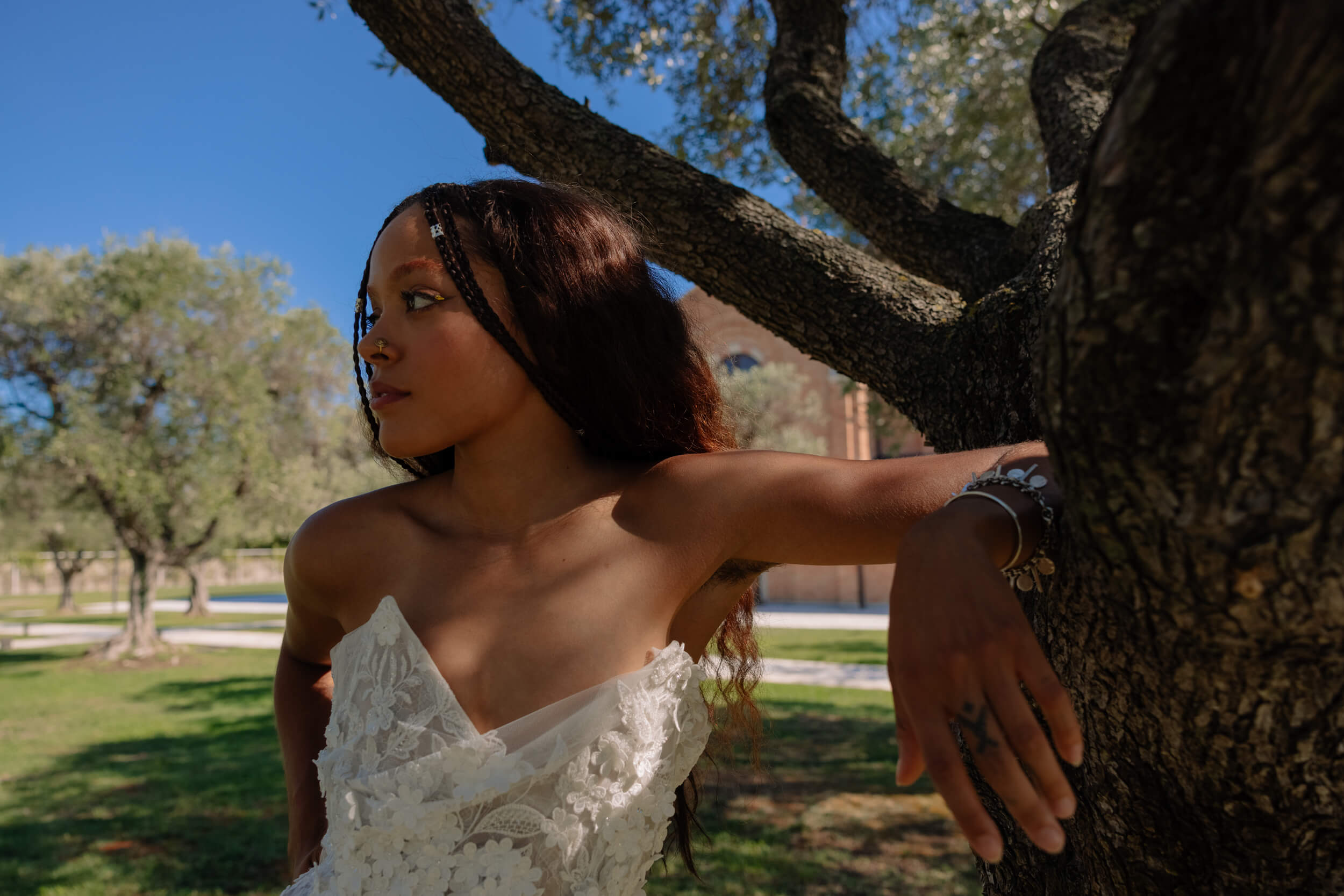
You recently said that “Black Adam” it was an intense opportunity for you to connect with your own body. What does it mean for you to feel comfortable in your own skin?
It’s like heaven, honestly.
For a large part of my life, I’ve always been searching for something, whether it’s searching for who I am, or my family, my history, and along the way, I have dissociated from my body a lot, which has kind of made me find a really beautiful community; trans people commonly have that experience, some are so passionate about it, trans people have so much love. “Black Adam” was so important because it really did push me to get more comfortable with my body because you’re doing all this physical movement. With Cyclone, I wanted her to be so unique, something that people hadn’t really seen in a superhero, and I got so lucky that the producers wanted that same thing, and Jaume [Collet-Serra] wanted the same thing, and let me create. It was the first time I really created a character and I’m so happy about that person that I created.
I look at her as a beacon, the way she moves, her power, her strength when she’s a superhero, but also how funny she is when she’s just a regular person in street clothes. She’s really comfortable with herself, and that’s what I really admired and loved. To embrace that made me leave set every day thinking, “you’re good, you’re fine! You can love yourself and still keep going”. It was everything.
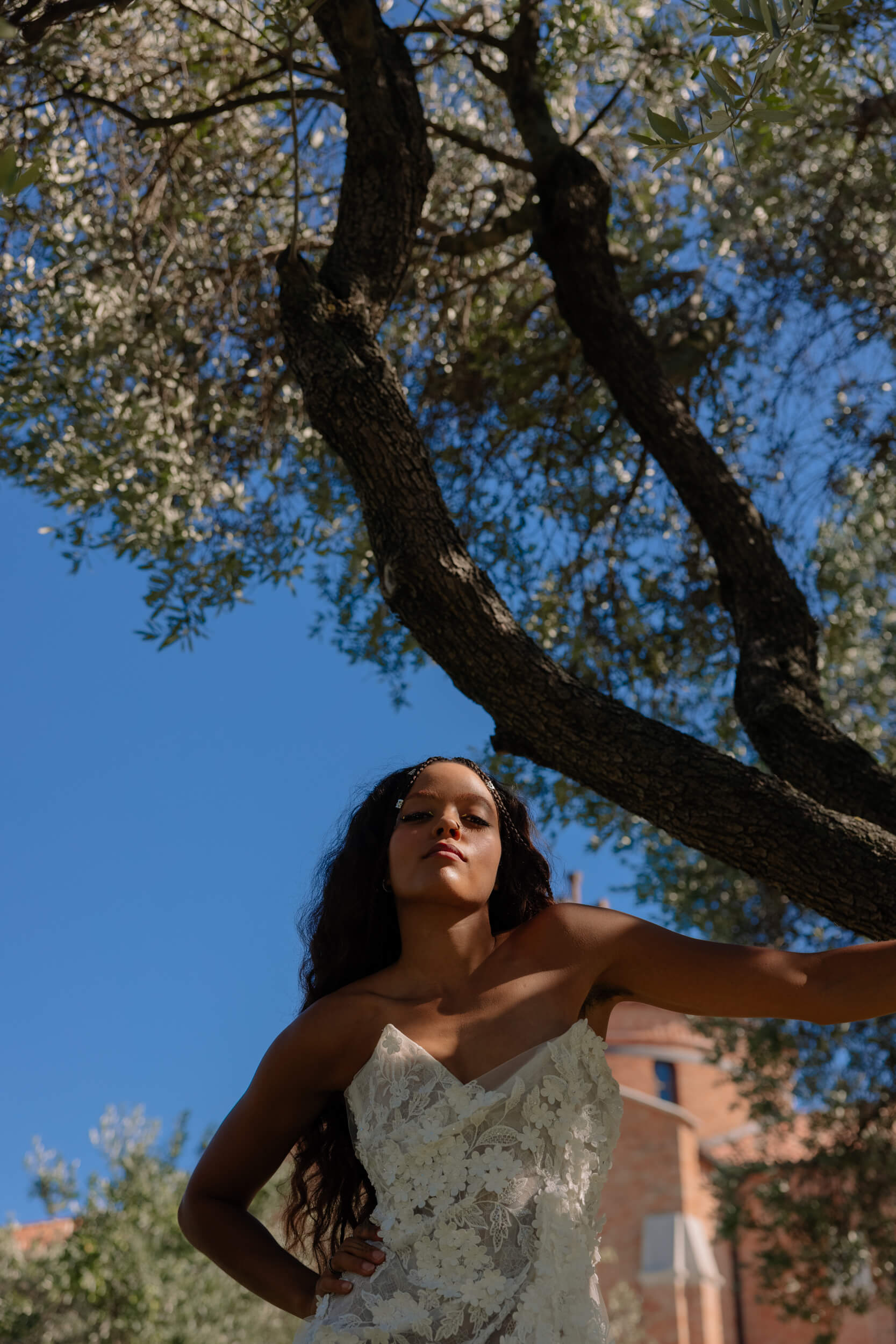
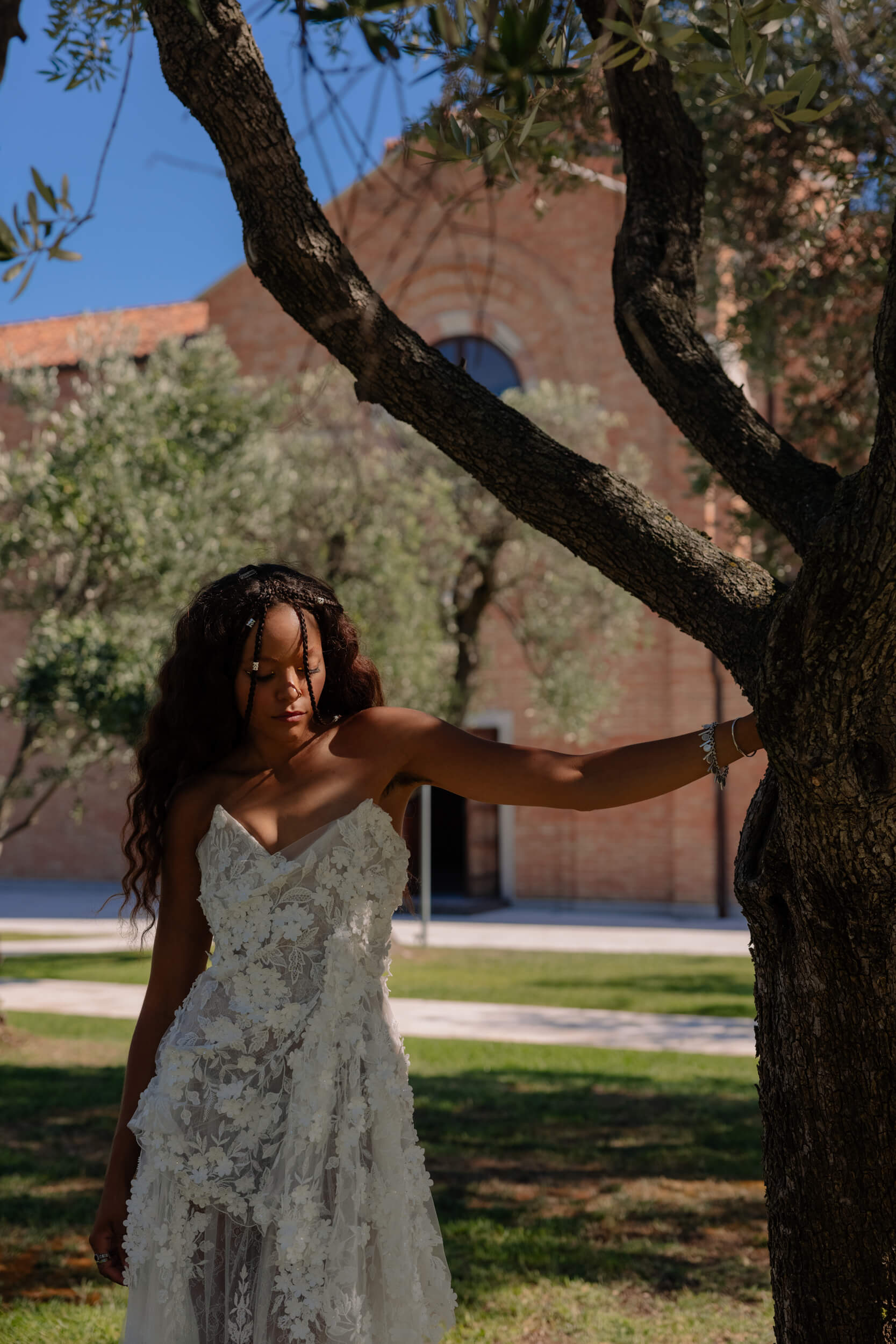
“‘Black Adam’ was so important because it really did push me to get more comfortable with my body.”
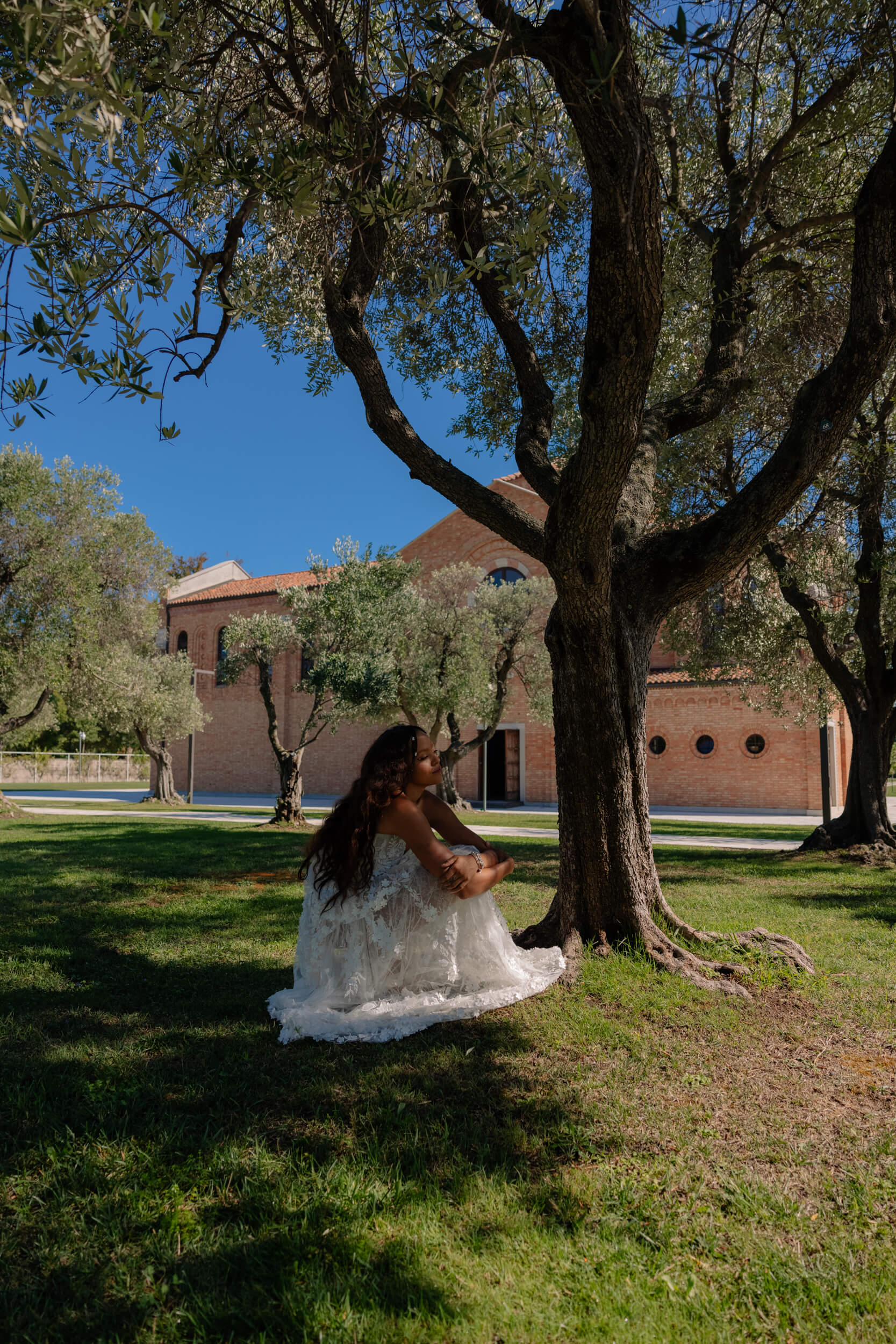
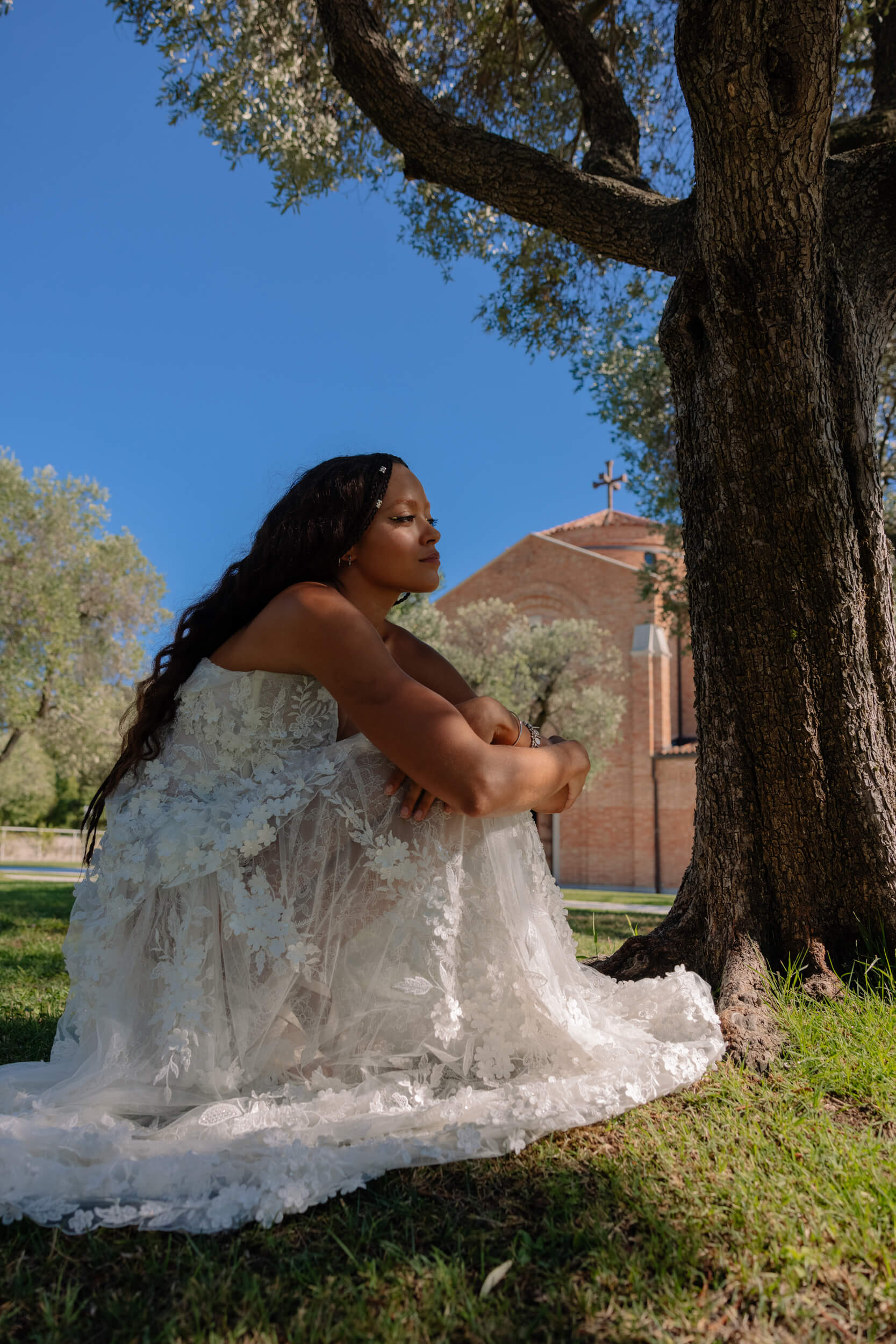
What’s your best act of rebellion?
To keep going.
What’s the thing that pisses you off the most, instead?
Indifference.
What’s your biggest fear?
Failure.
And your happy place?
This is literally the best conversation I’ve had in a while about anything, honestly, so thank you. I think my happy place is whenever I get home to Virginia and I’m driving my dad’s truck around the countryside.
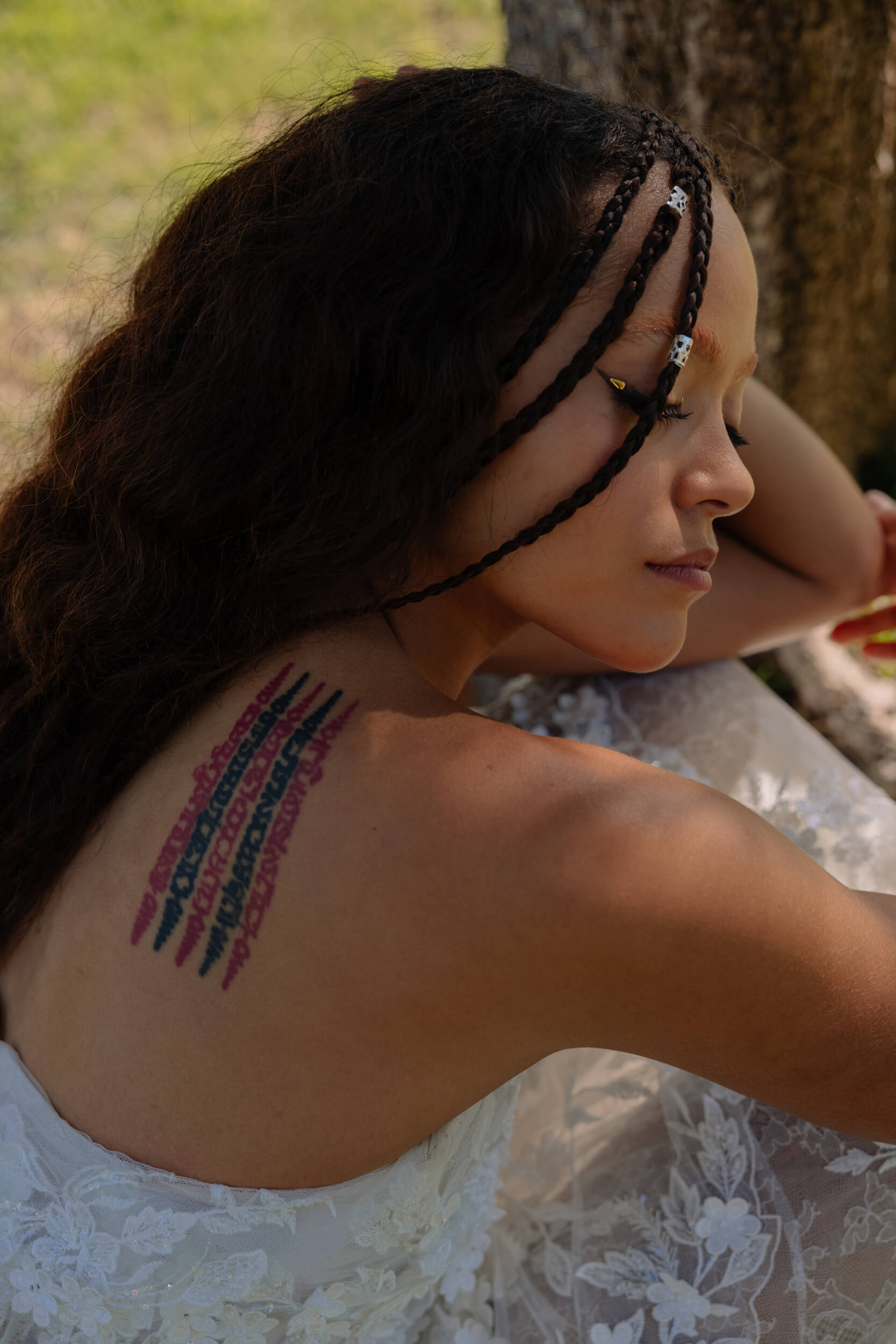
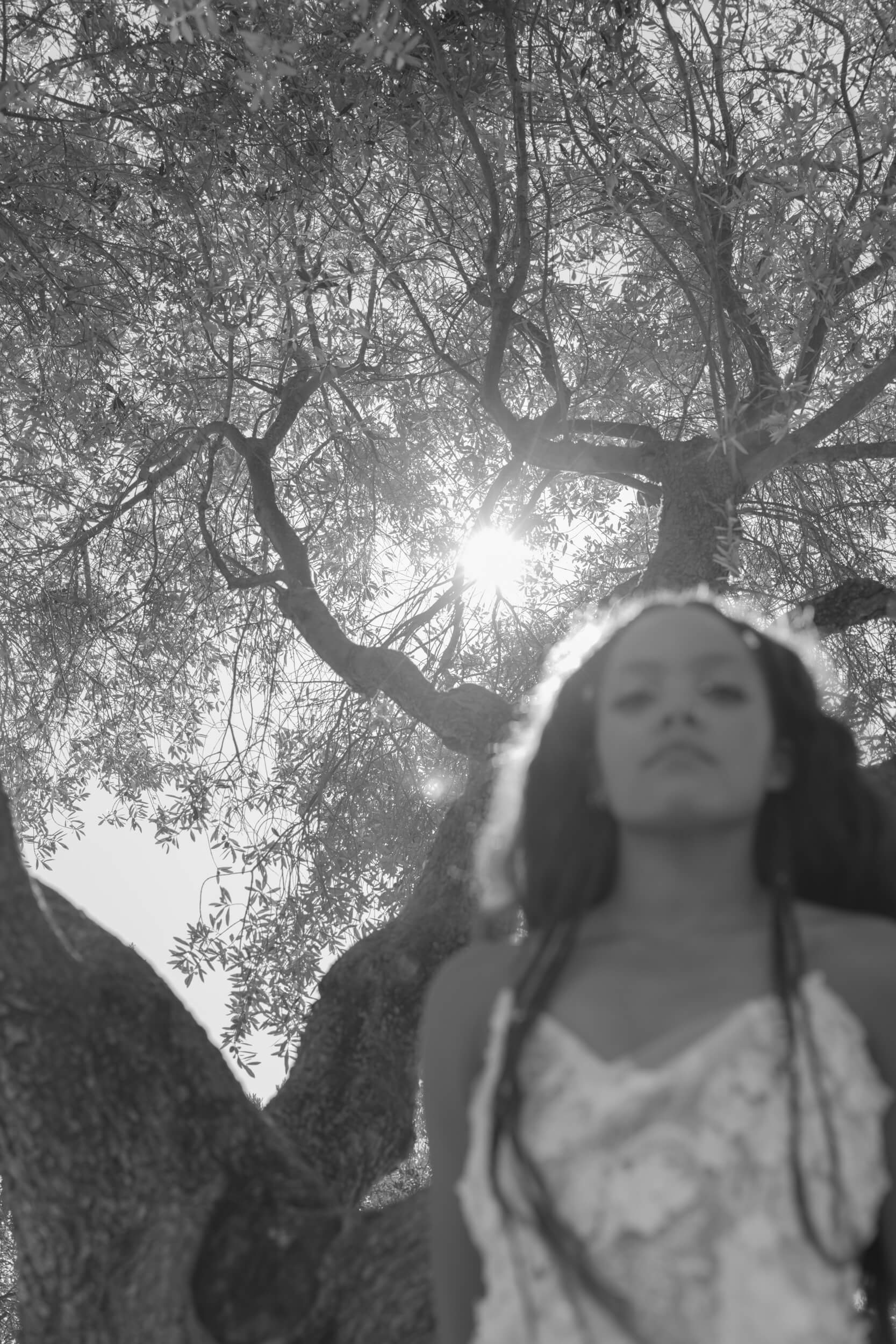
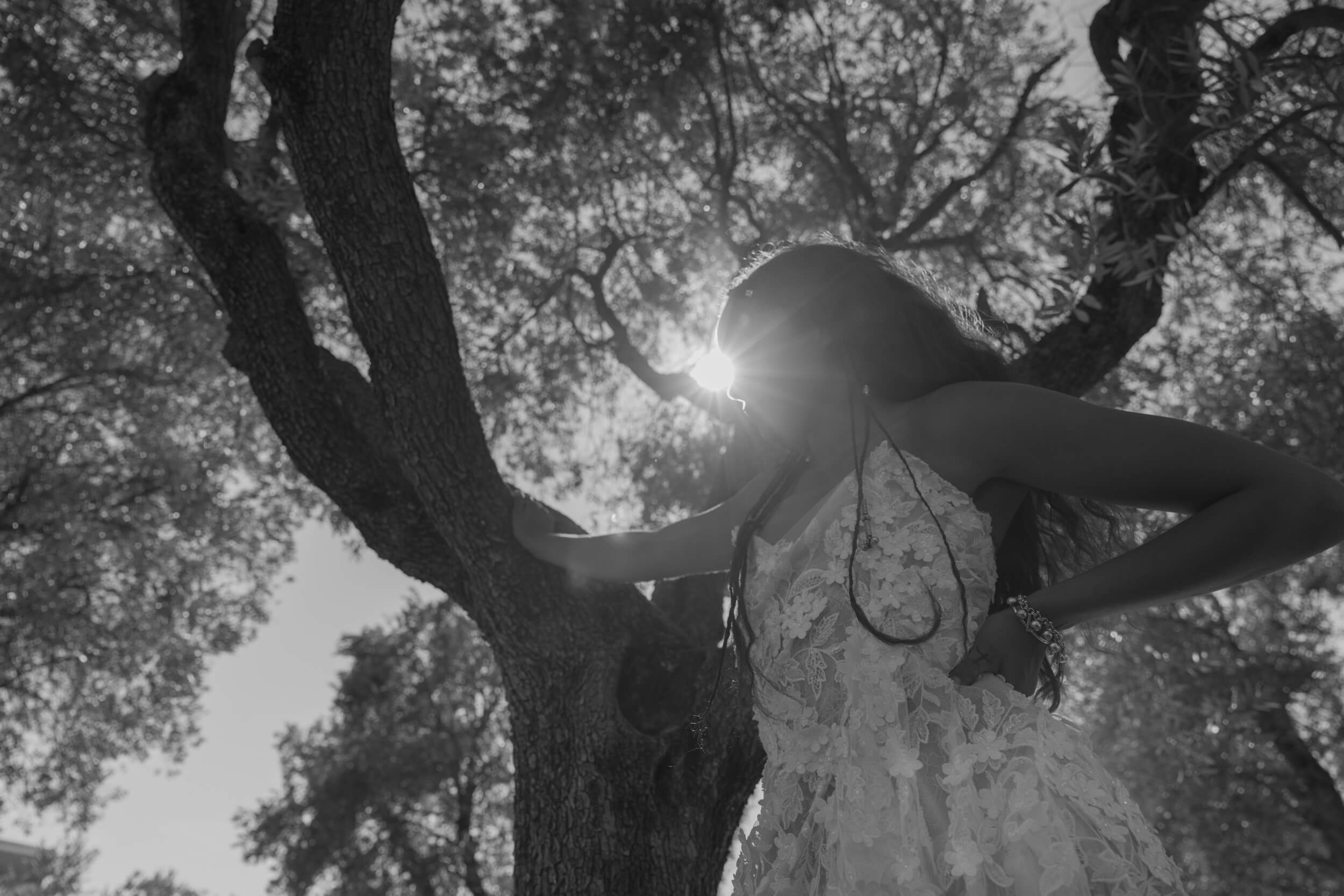
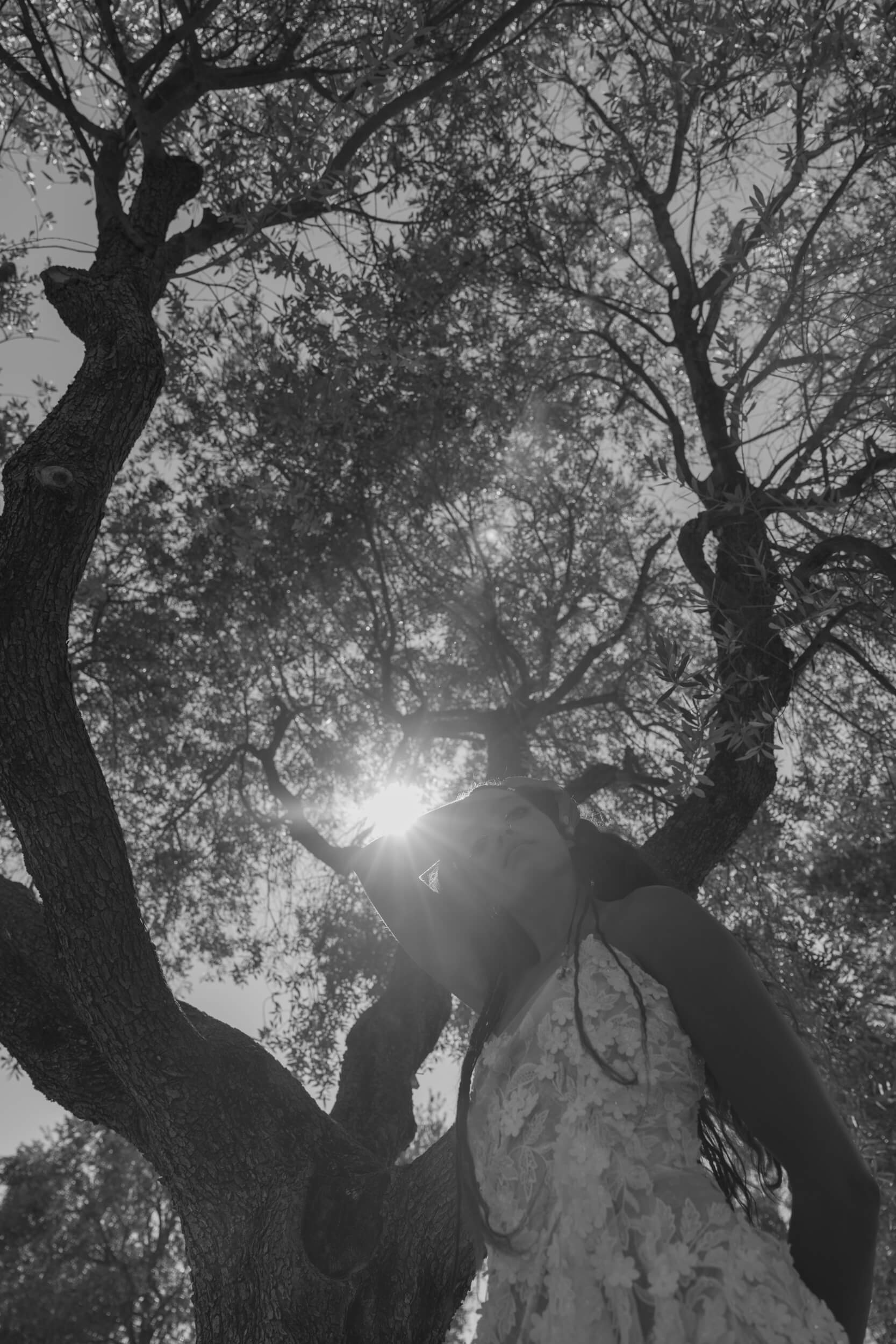
Photos and Video by Johnny Carrano.
Makeup by Kenneth Soh.
Hair by Nai’vasha.
Styling by Wayman and Micah.
Location: JW Marriott Venice Resort & Spa.
